An analysis of the sprawling financial networks abroad Lebanese politicians and bankers created while steering their country toward disaster


An analysis of the sprawling financial networks abroad Lebanese politicians and bankers created while steering their country toward disaster

How homes for the displaced can lay the foundation for a more affordable, equitable, and resilient housing system

How the rivalry for LibanPost could decide the country’s financial future

The crisis-ridden ownership of energy in Lebanon has created an energy divide of haves and have-nots and a system reliant on imports
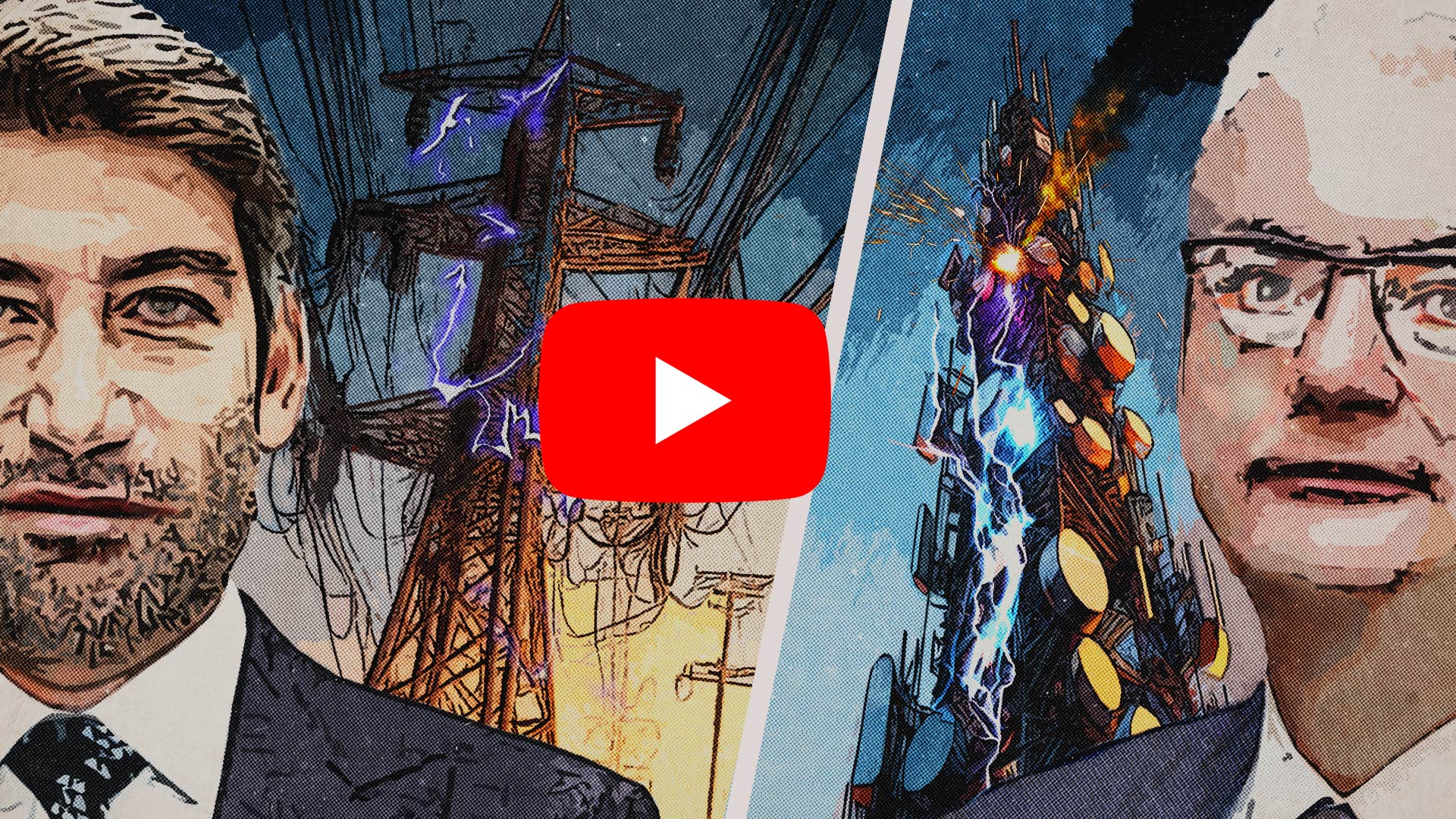
Reform of state-owned enterprises is both possible and necessary, starting with electricity and telecoms

Calls to defund it will grow louder if the institutional bloat, accusations of graft and political infighting aren’t fixed
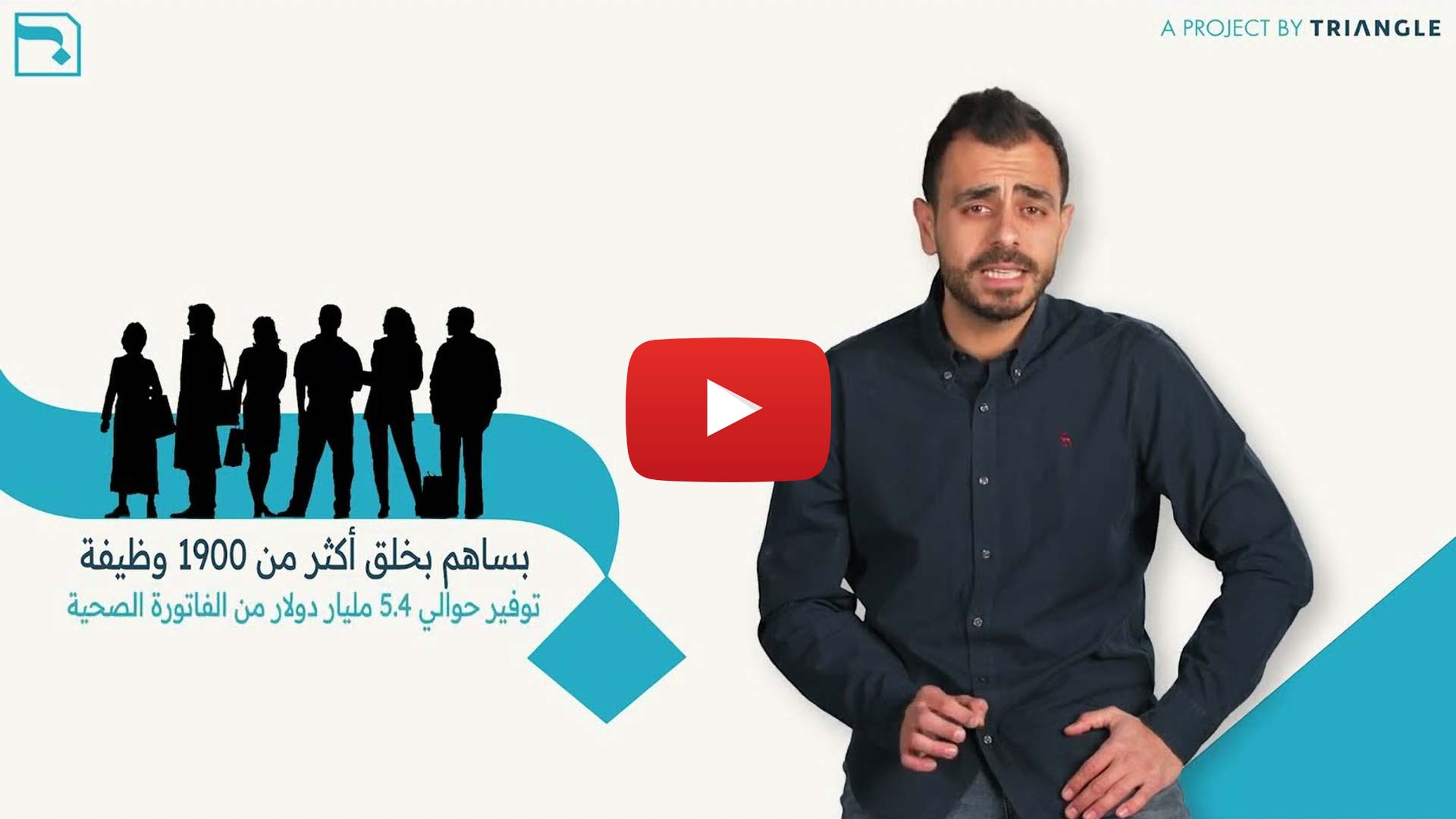
The persistent failure to meet the country’s energy needs exemplifies state corruption and mismanagement

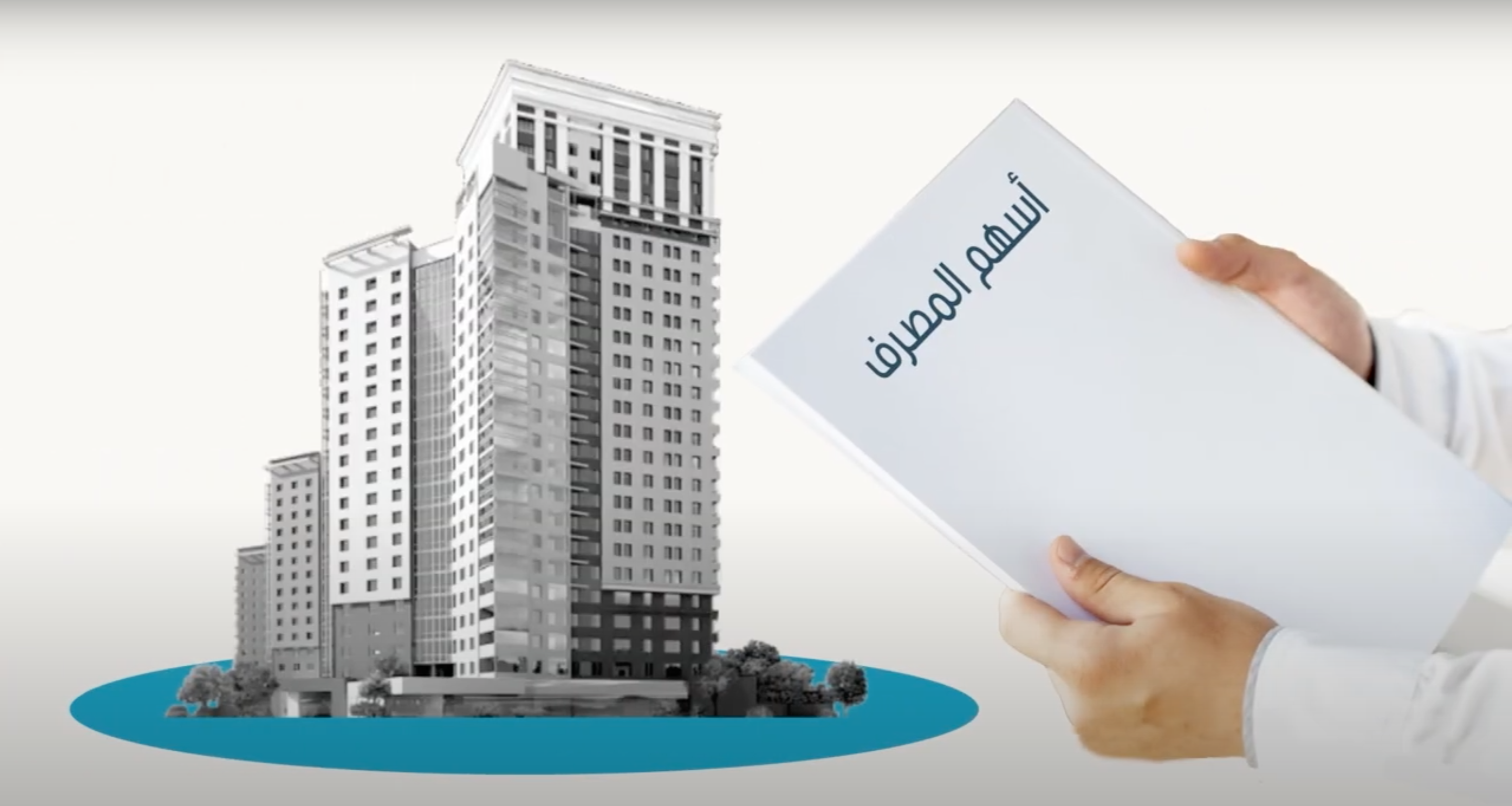

Reforming Lebanon’s state-owned enterprises is key for national recovery.

Reform of state-owned enterprises is both possible and necessary, starting with electricity and telecoms.

A roadmap for state-owned enterprises reform in Lebanon, emphasizing transparency, good governance, and rejecting the controversial ‘Sovereign Fund’ to steer towards economic stability.

The Progressive Deposit Recovery Plan offers an opportunity for accountability and the redemption of the Lebanese people’s lifesavings.
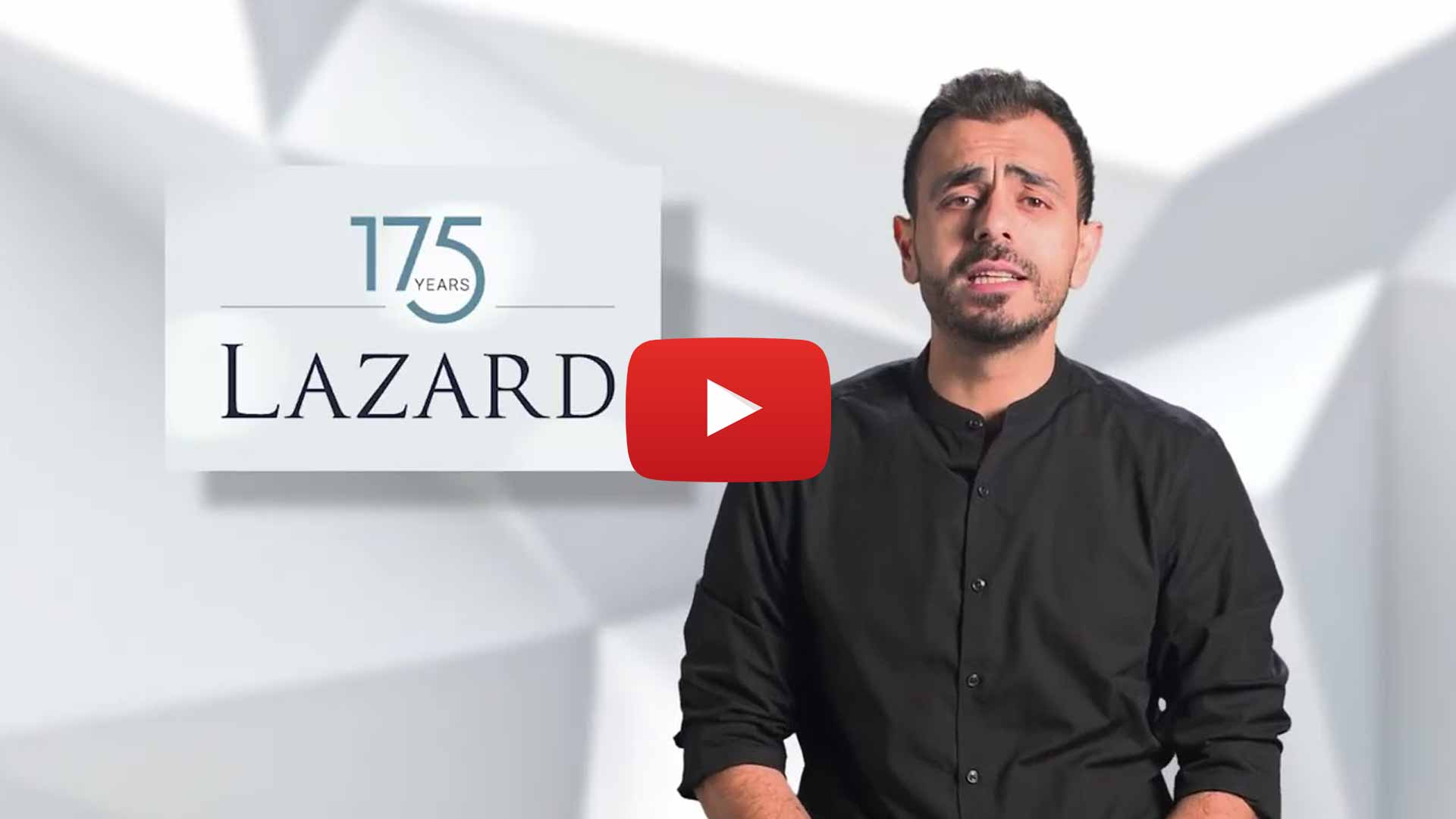

The Progressive Deposit Recovery Plan offers a lifeline for Lebanese depositors, aiming to recover and restore funds once deemed lost in the country’s financial turmoil.
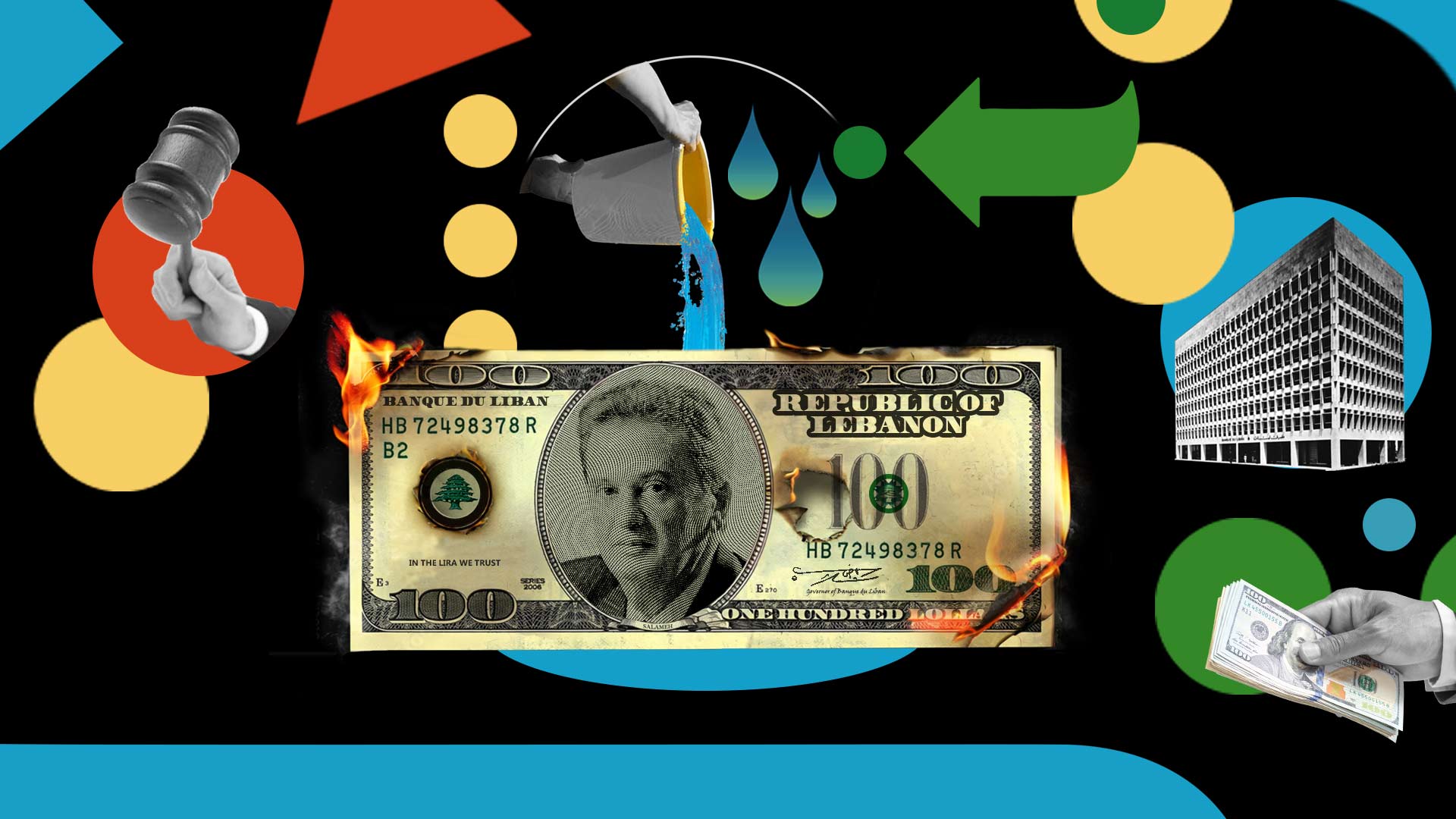
Reckless profiteering and the banking sector’s insolvency demand a bold deposit recovery plan to restore financial integrity in Lebanon.
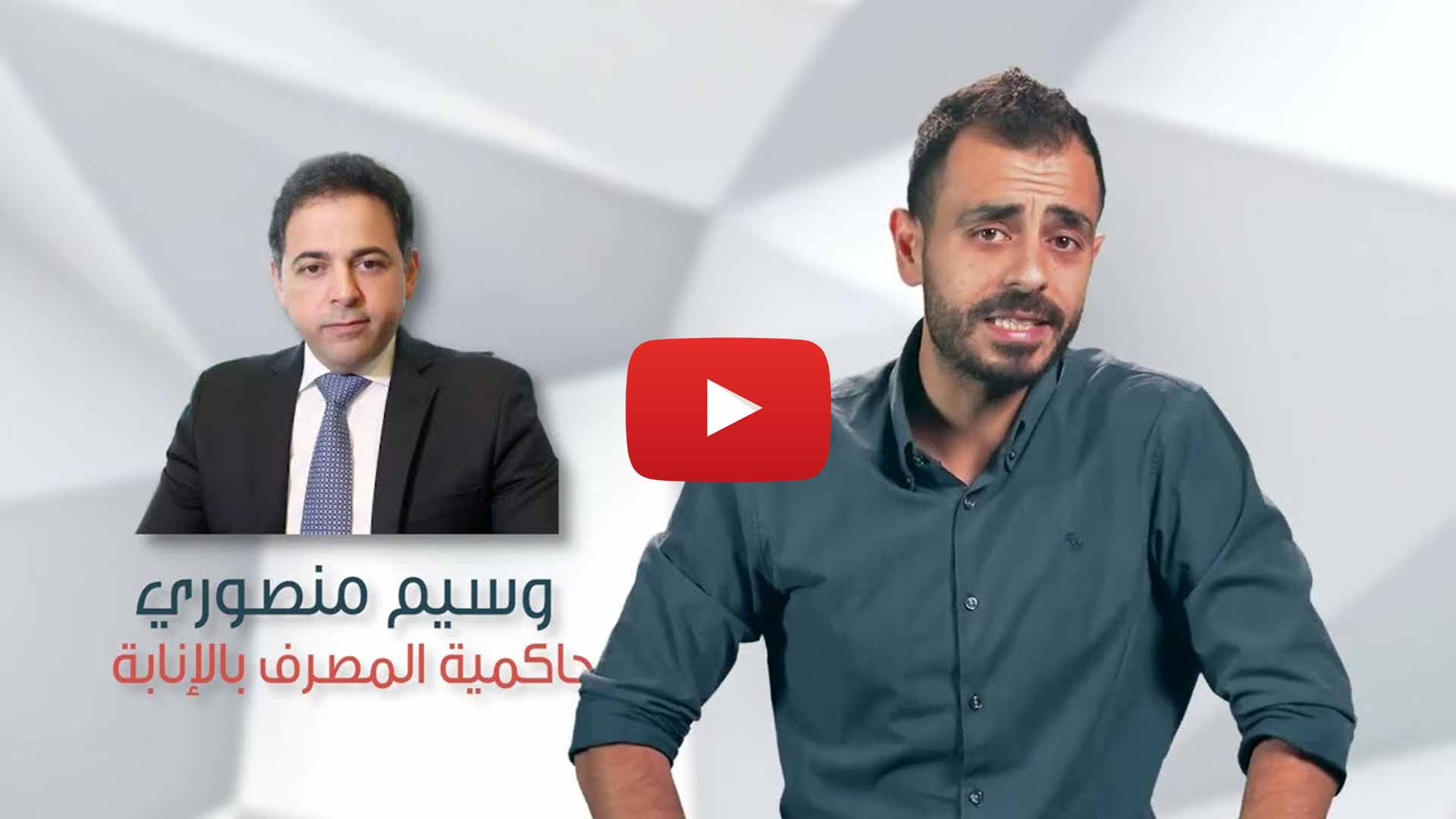

The Lebanese financial crisis, driven by fiscal mismanagement and central bank interventions, has resulted in market distortions and multiple exchange rates, worsening economic disparities.

To restore stability and credibility, the government must reform the central bank’s governance, tighten fiscal policy, and ultimately execute a carefully managed float of the lira.
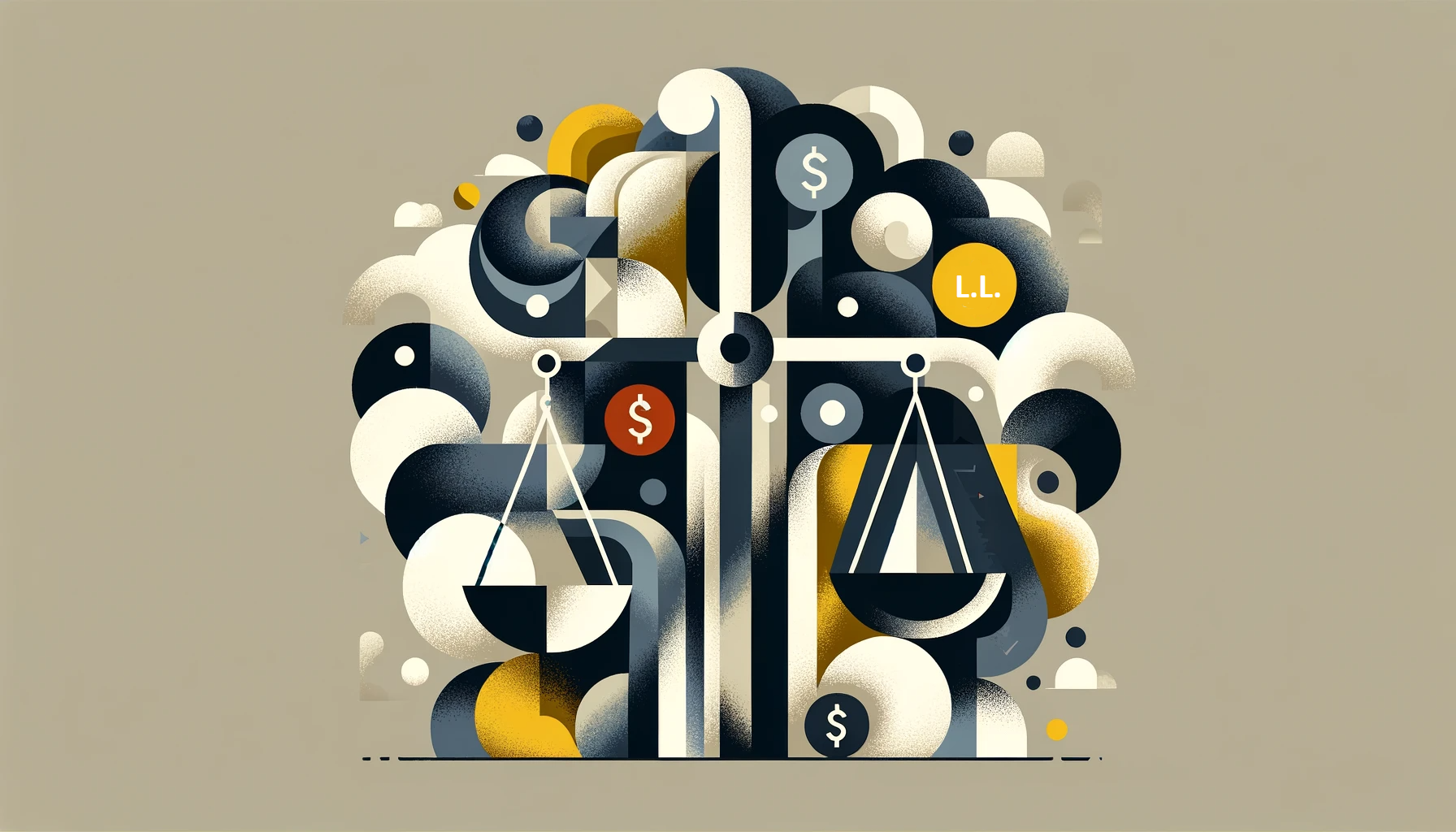
Assessing Lebanon’s exchange rate chaos: Sayrafa, monetary governance reforms, and the need for a managed float of the lira.
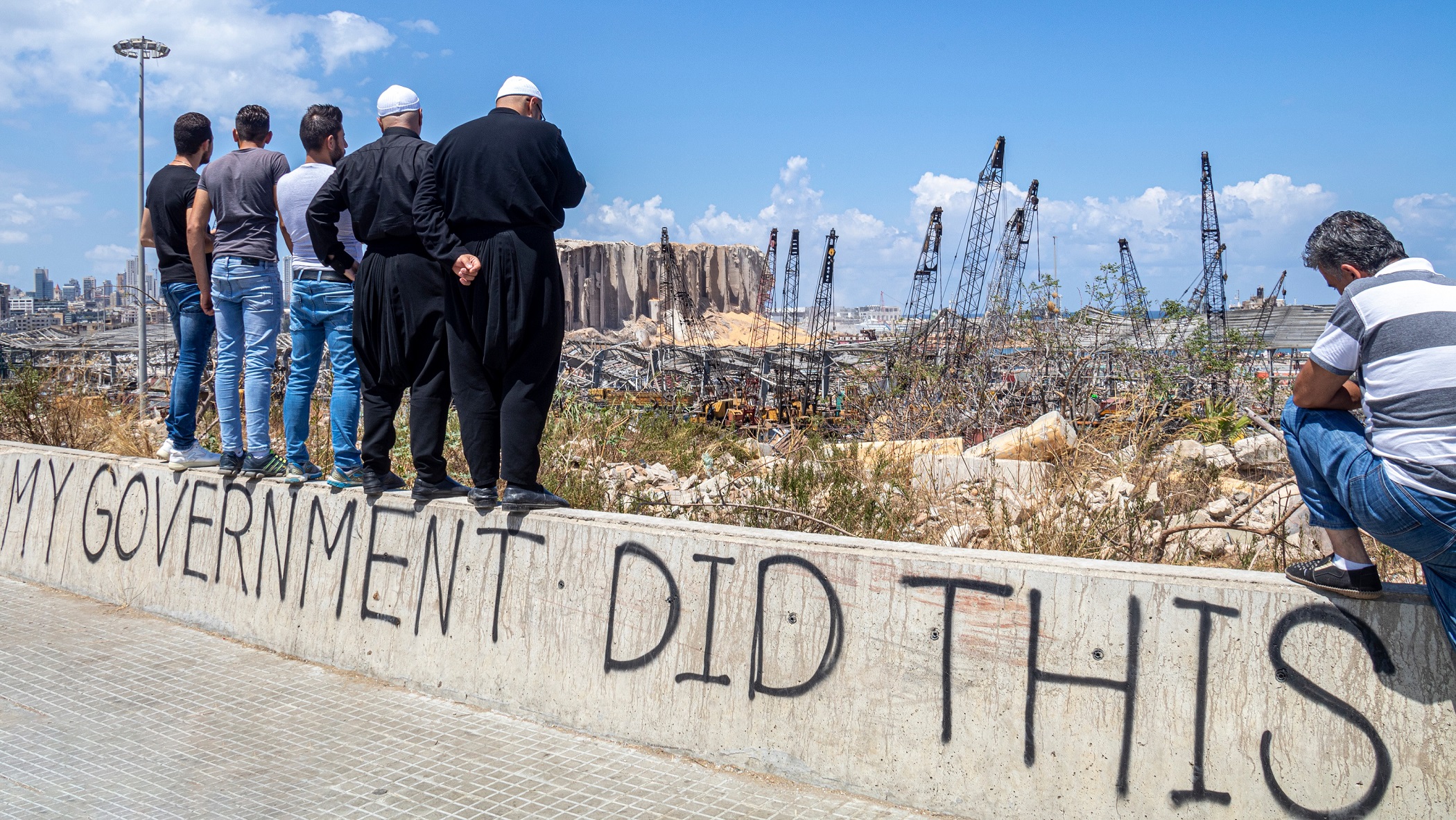
Only coordinated US and EU sanctions may prevent Lebanese leaders from driving the country into the void.
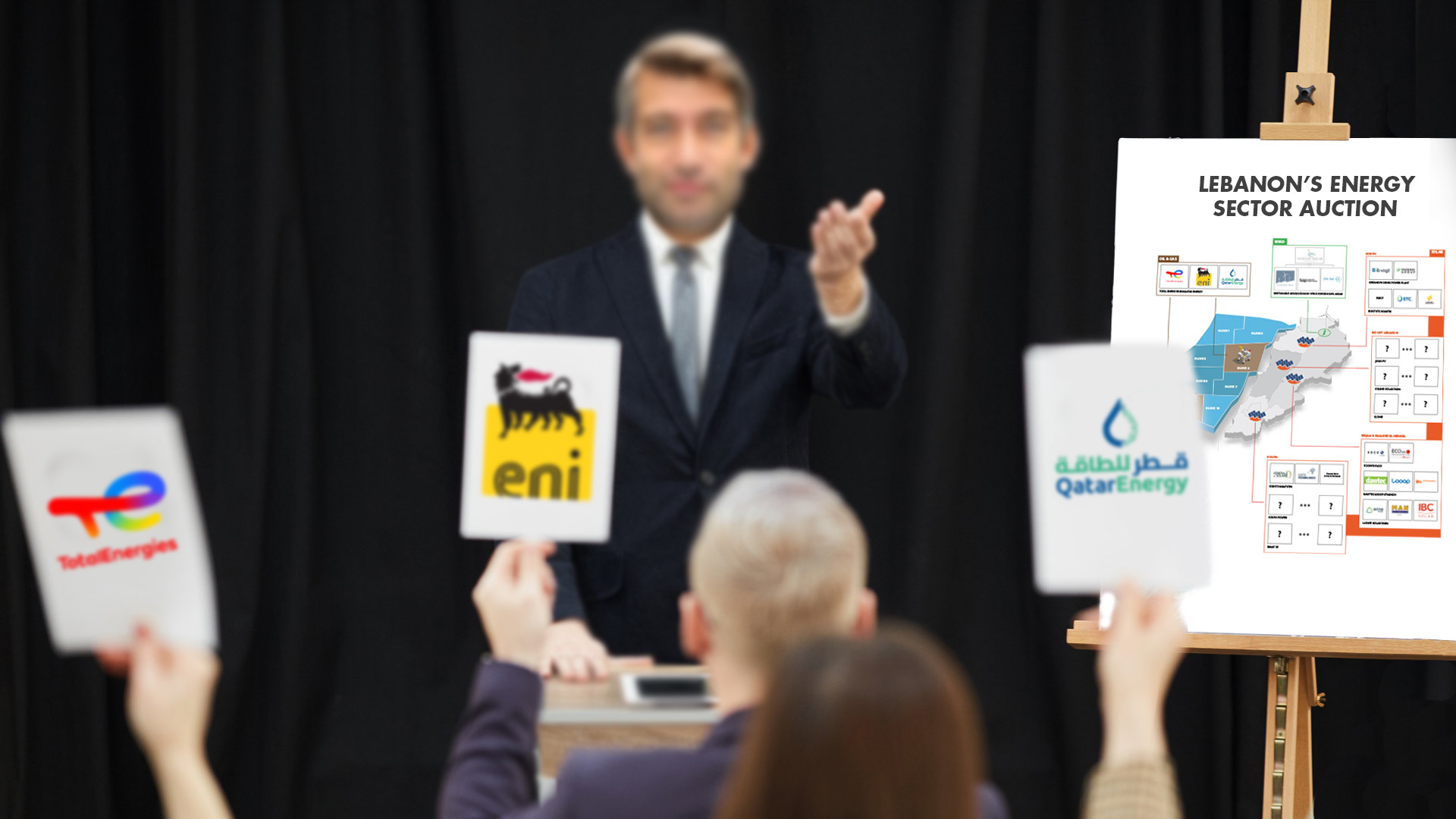
Oversight absent as TotalEnergies and QatarEnergy take over the energy sector.

How decades of real estate ‘financialization’ have built a city few can afford to live in.
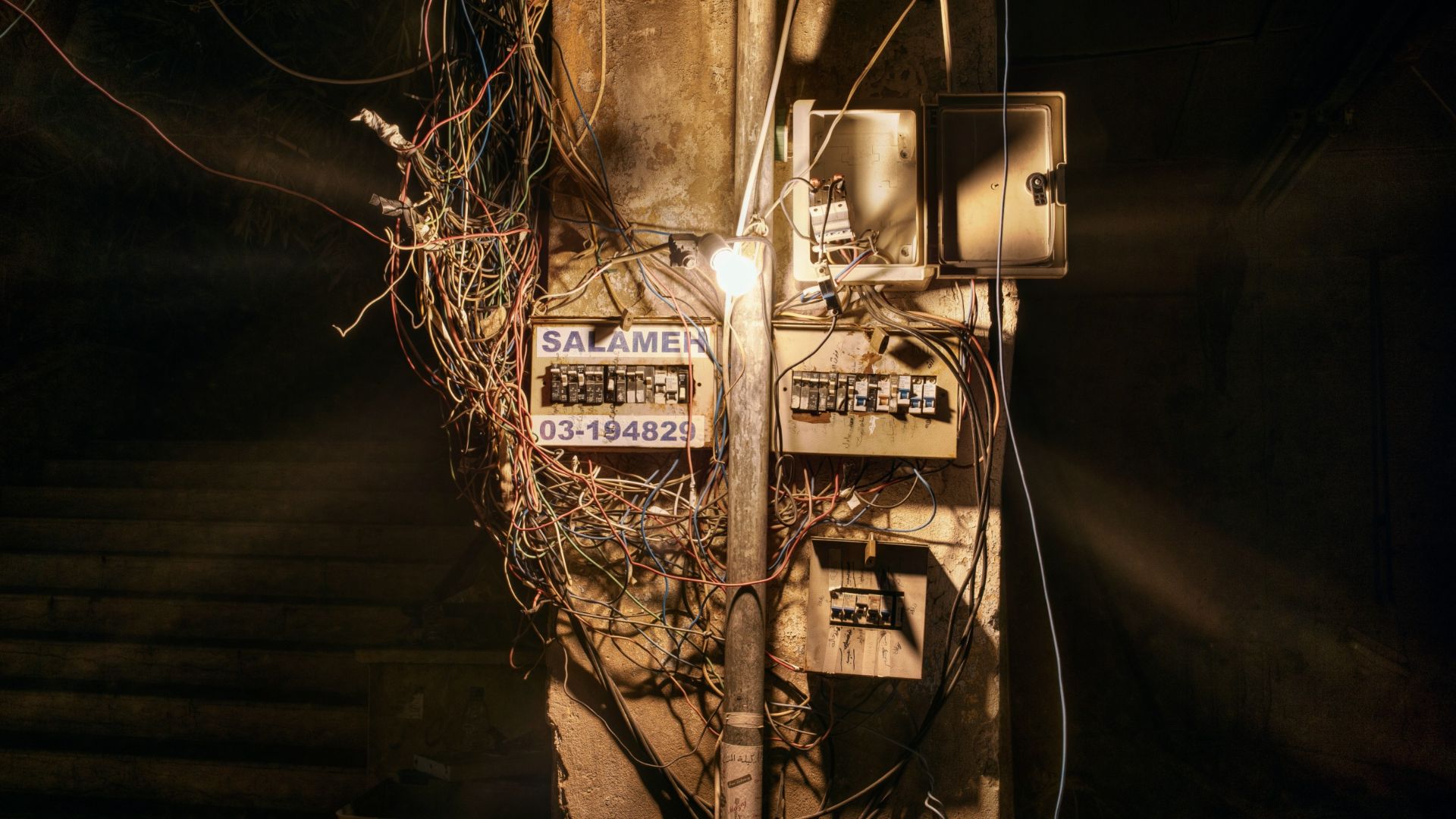
Electricity crisis set to worsen as caretaker energy minister stifles long awaited reforms.
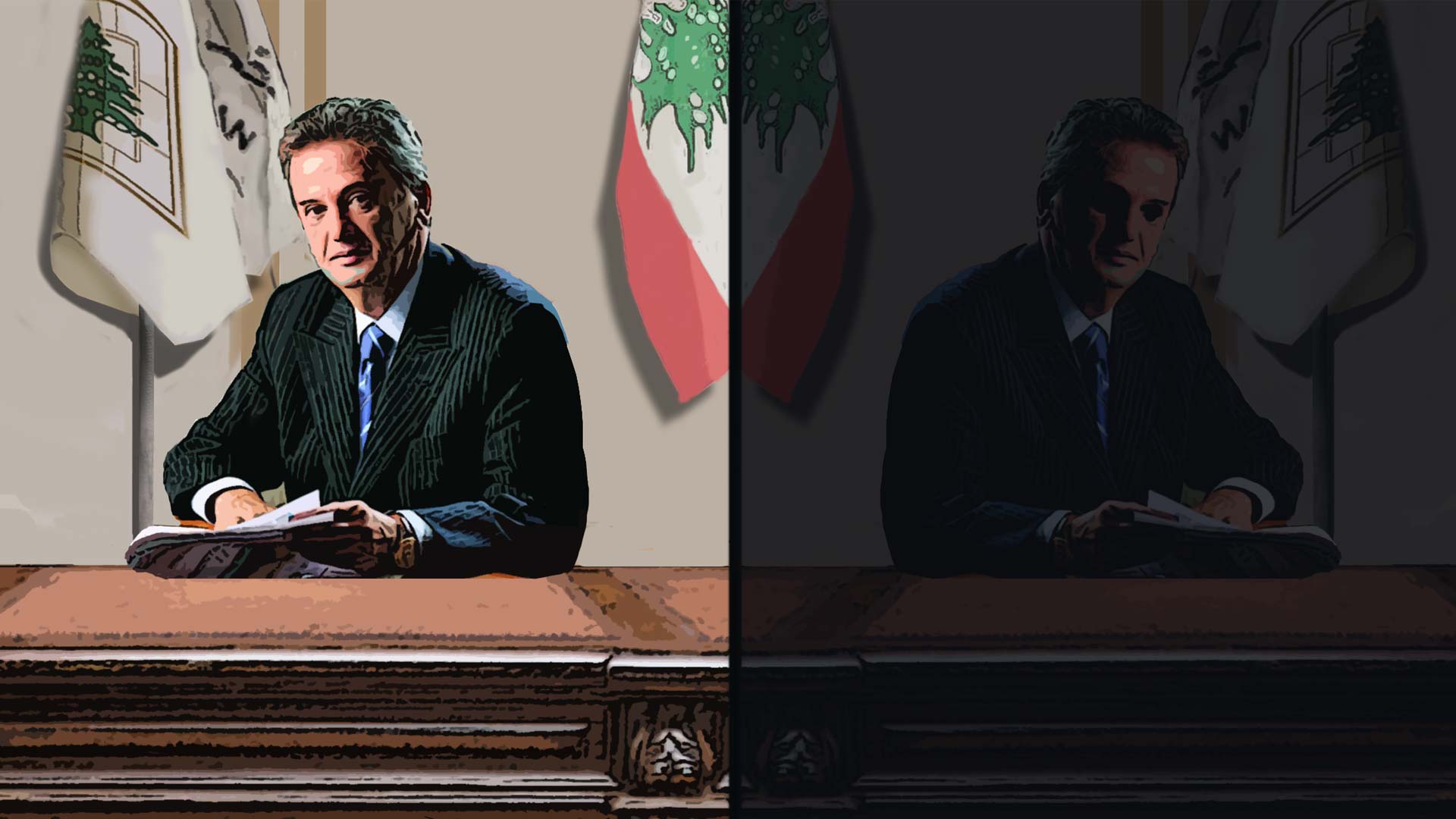
“A weak and inefficient monetary tool”
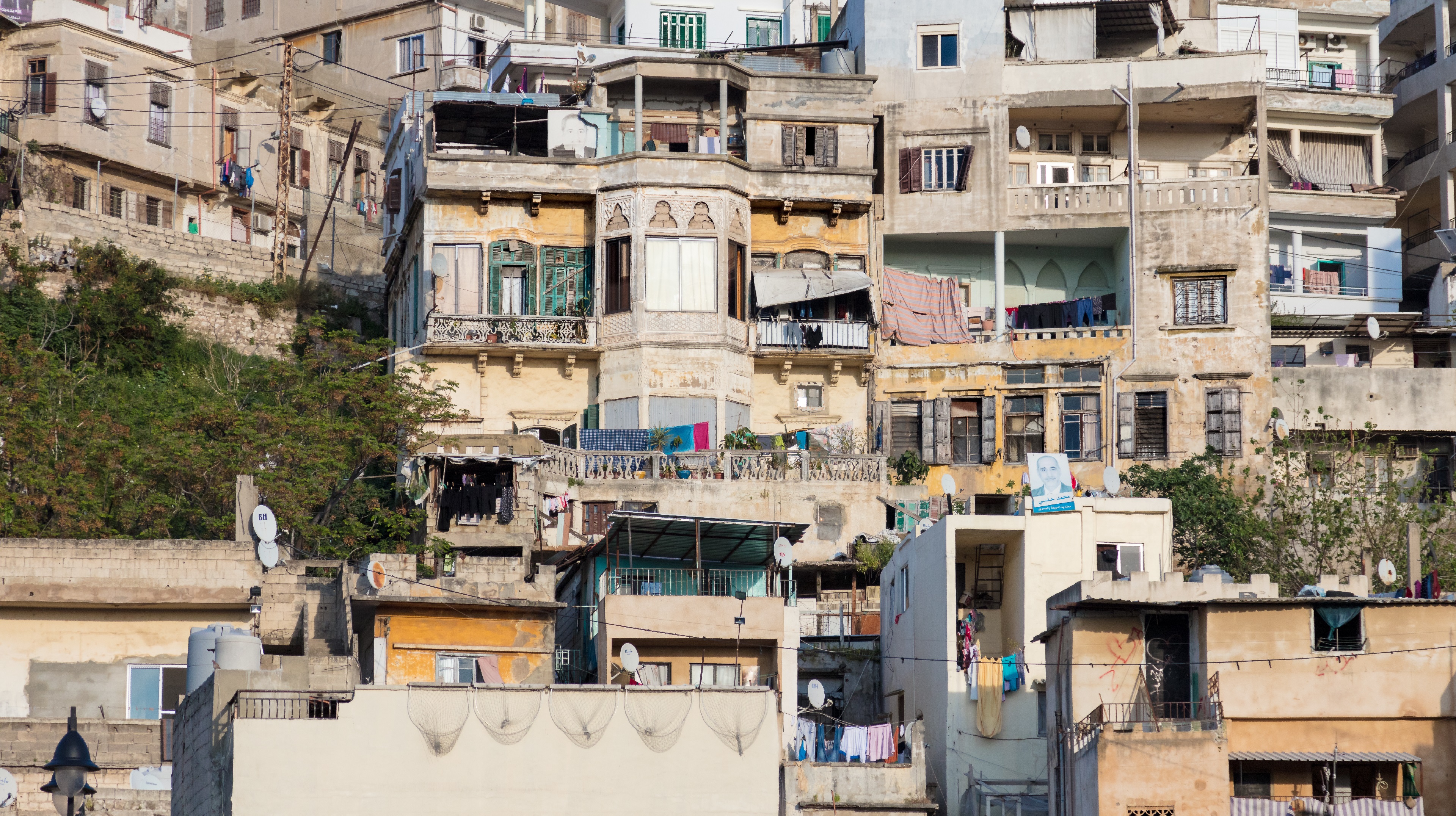
Social media enhances social connections on digital networks but has also facilitated the rapid dissemination of misinformation.

How politicians corrupted the civil service, and why now is the time for change.
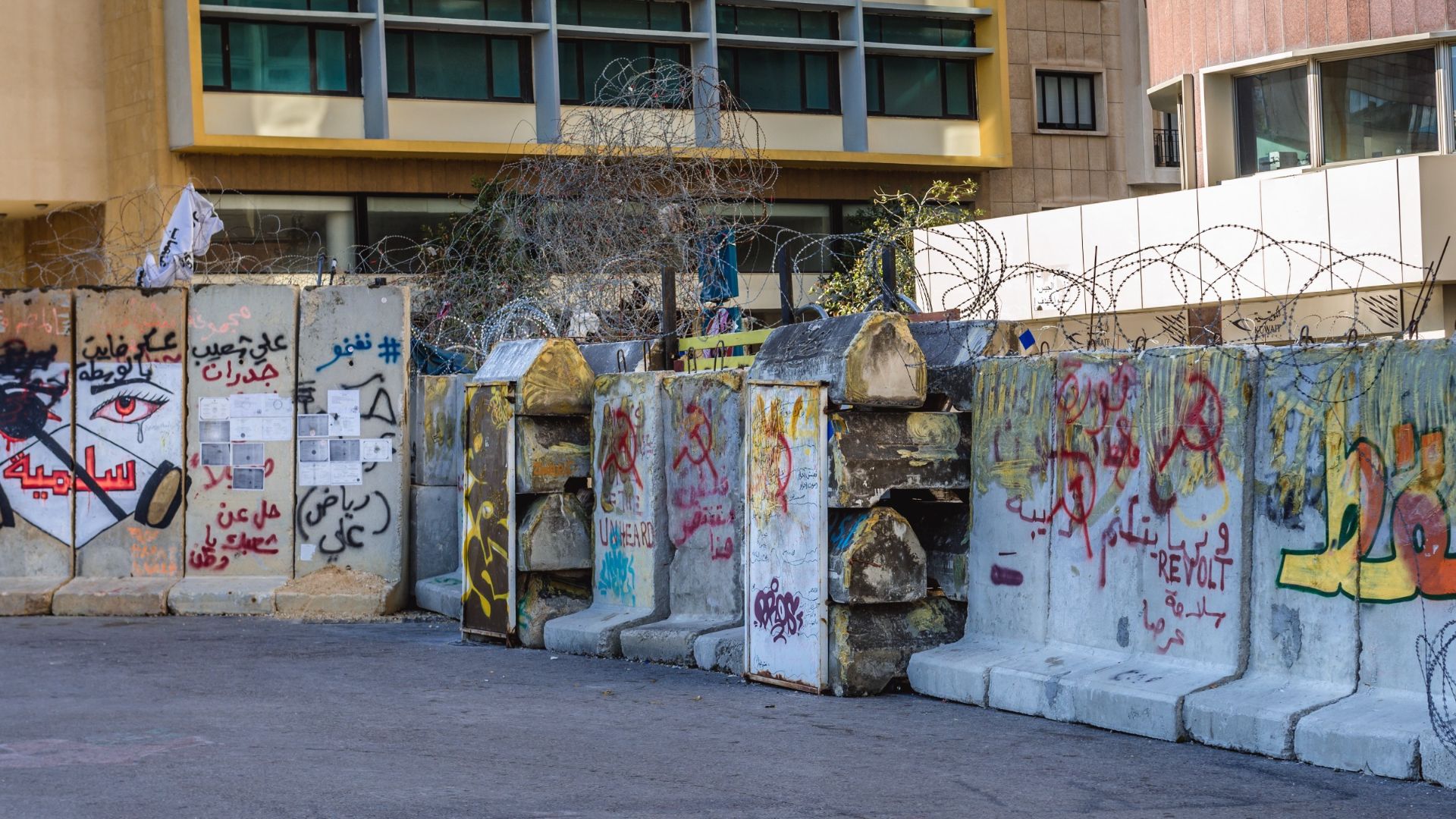
Lebanon’s cabinet violates constitution to protect banking elite.
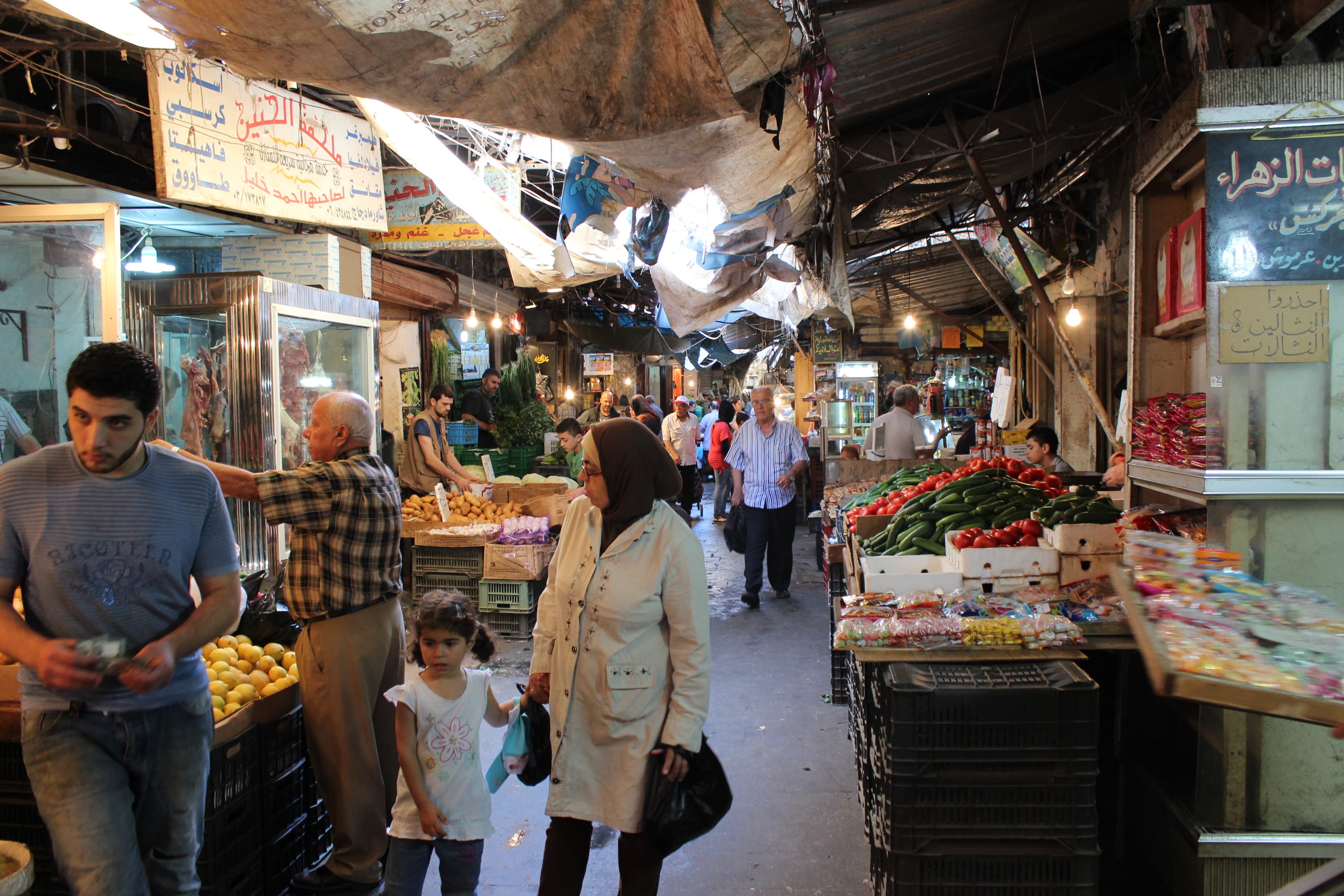
Electricity timetables, roadcuts and the hourly exchange rate. This is information that Tripolitans – people living in Lebanon’s second-largest city of Tripoli – never thought they would have to rely on so dearly one day. Since the beginning of Lebanon’s financial collapse in 2019, considered by...

Since the beginning of Lebanon’s financial collapse in 2019, access to information has become more critical than ever.
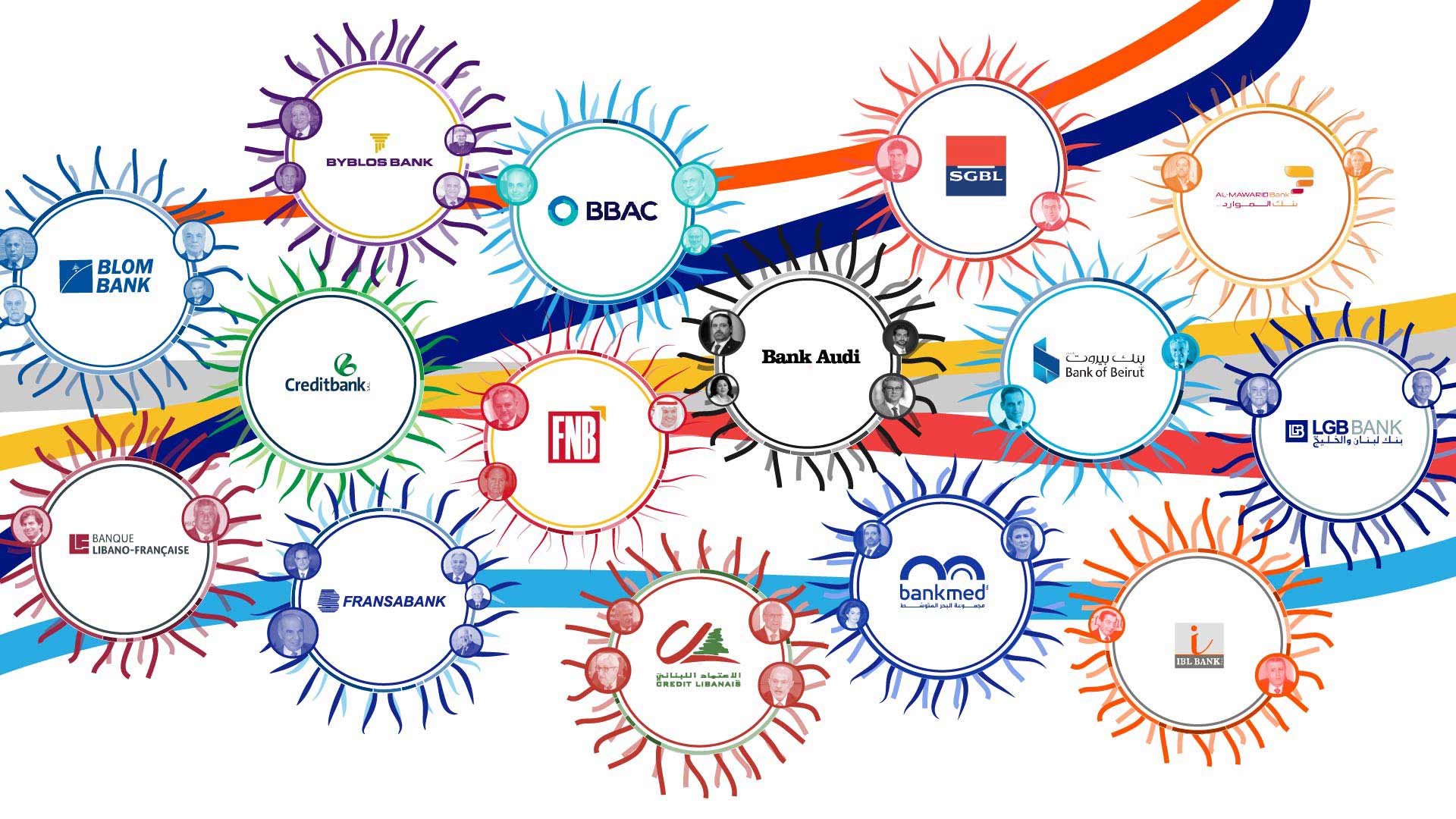
An editorial investigation into how the vested financial interests of Lebanese bankers and politicians are one and the same.

Ending the anonymity surrounding bank ownership and management is the first step towards accountability for Lebanon’s financial crisis.
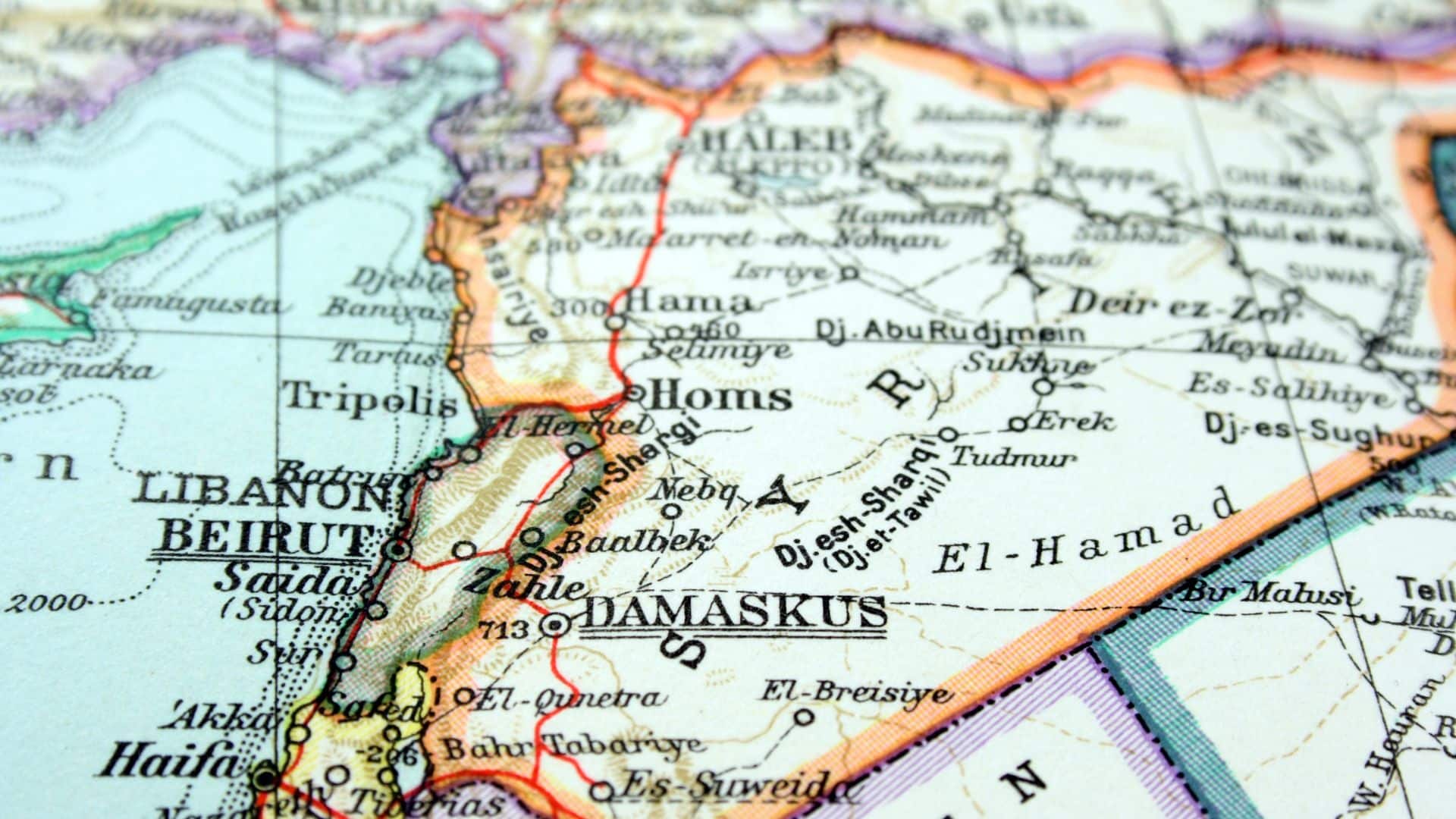
Why illegal cross-border commerce is so hard to stop.
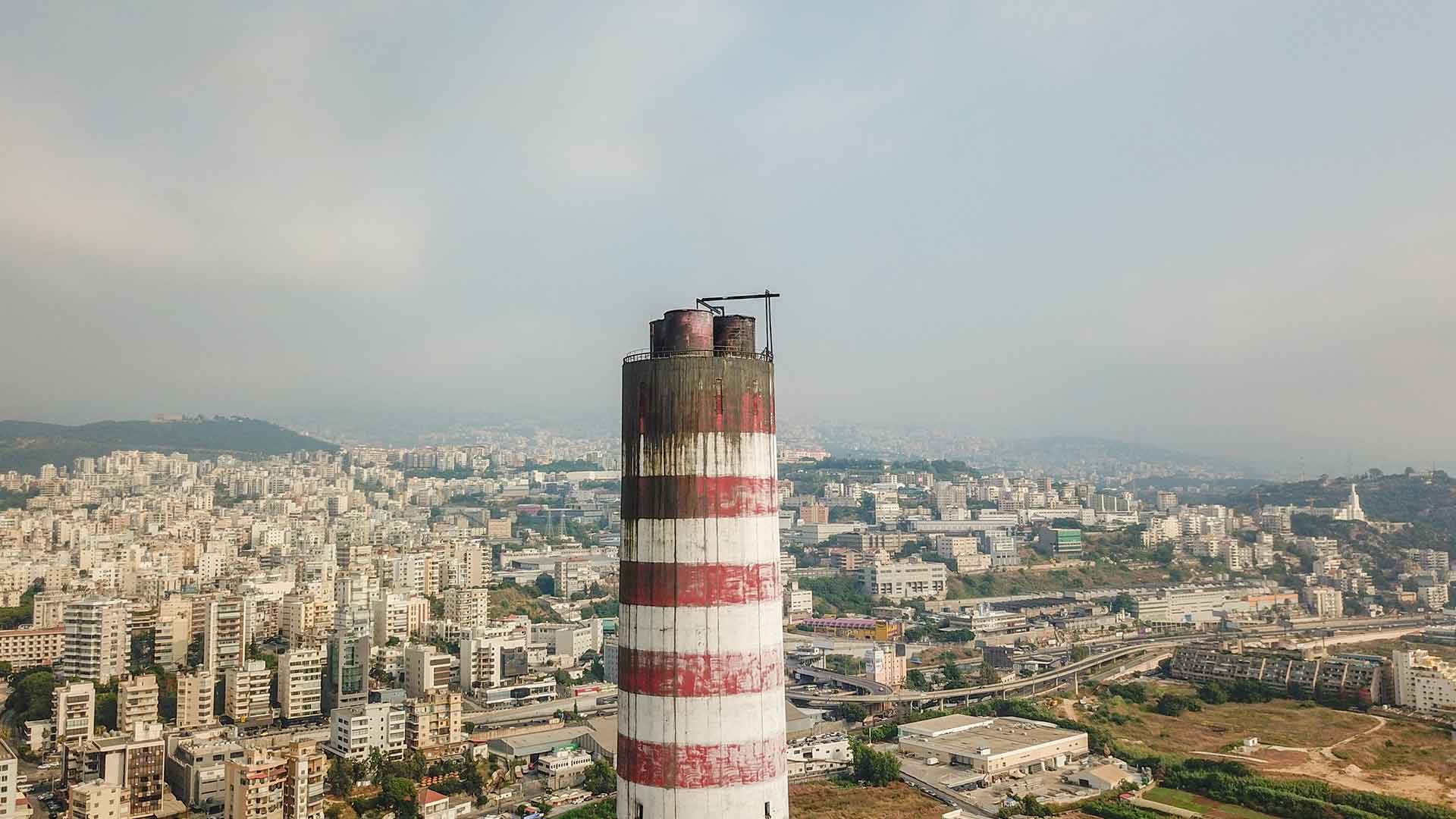
Lebanon’s residents likely to keep paying for the chronic mismanagement of EDL.

Recent $150 million World Bank loan another step into the debt abyss without long-term food security strategy.
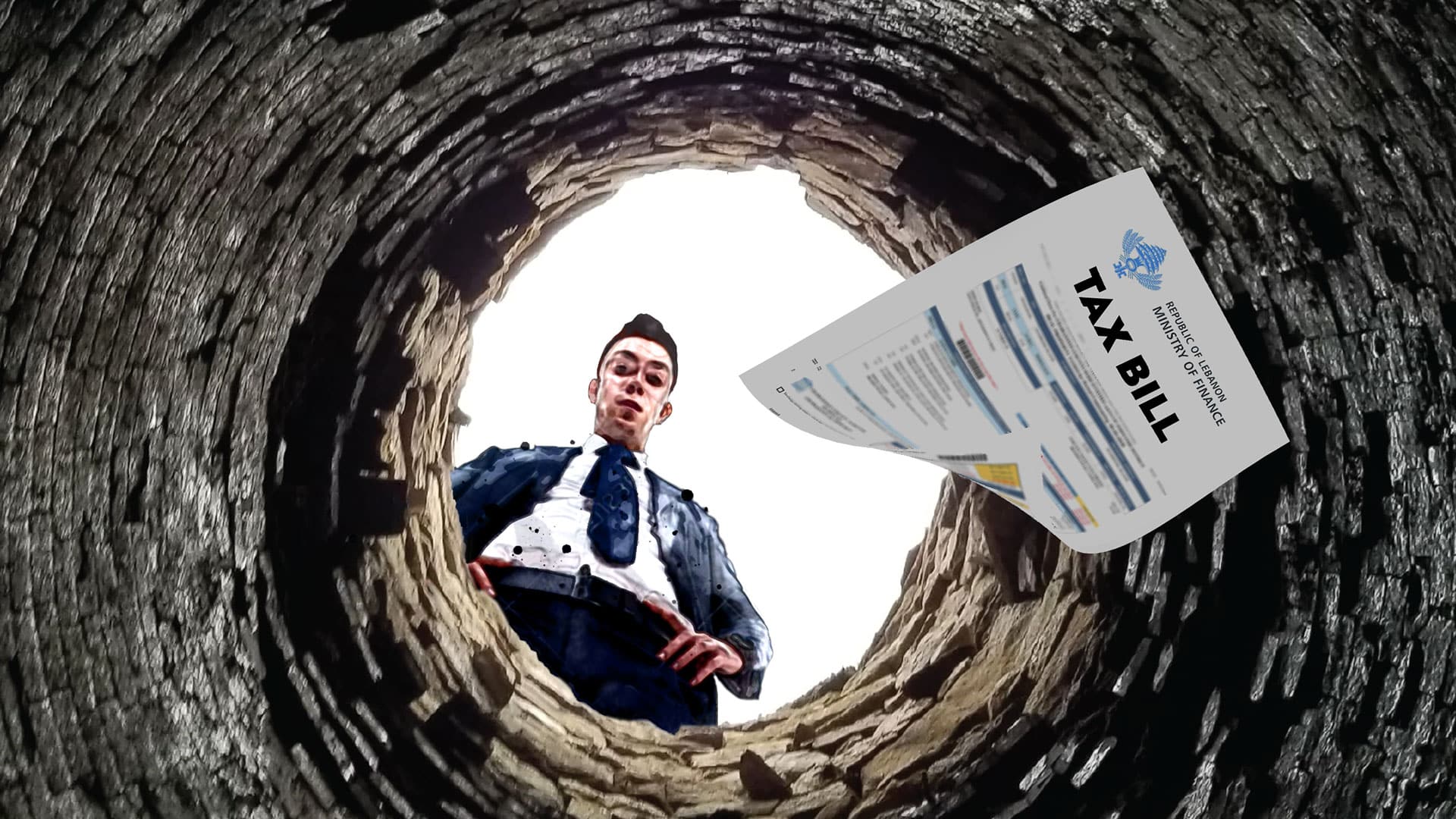
The government’s inequitable revenue structures can no longer afford to keep burdening the poor while giving a free pass to those with the means to pay their share of taxes.
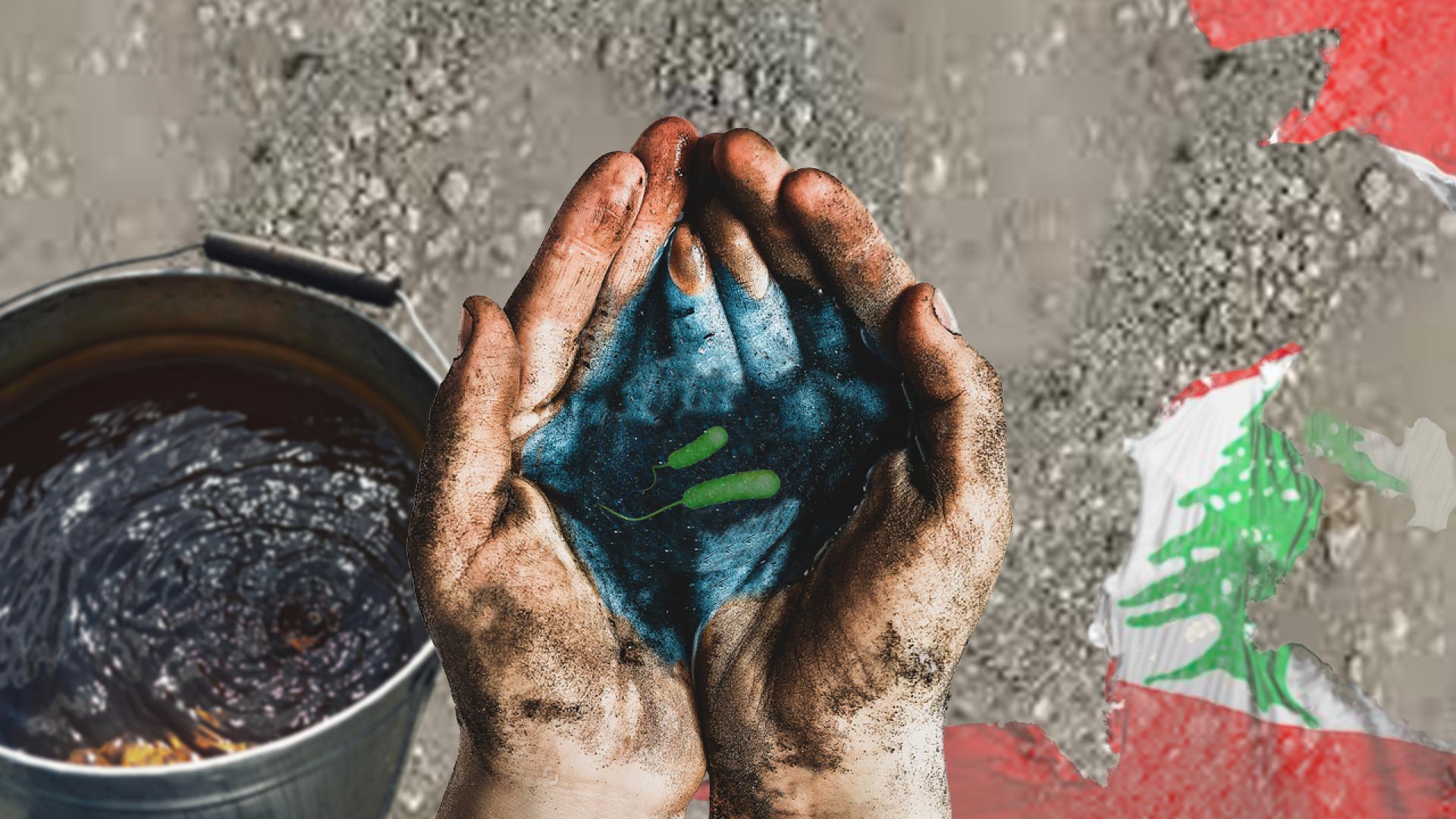
Cholera likely to stay without serious reforms to Lebanese water sector
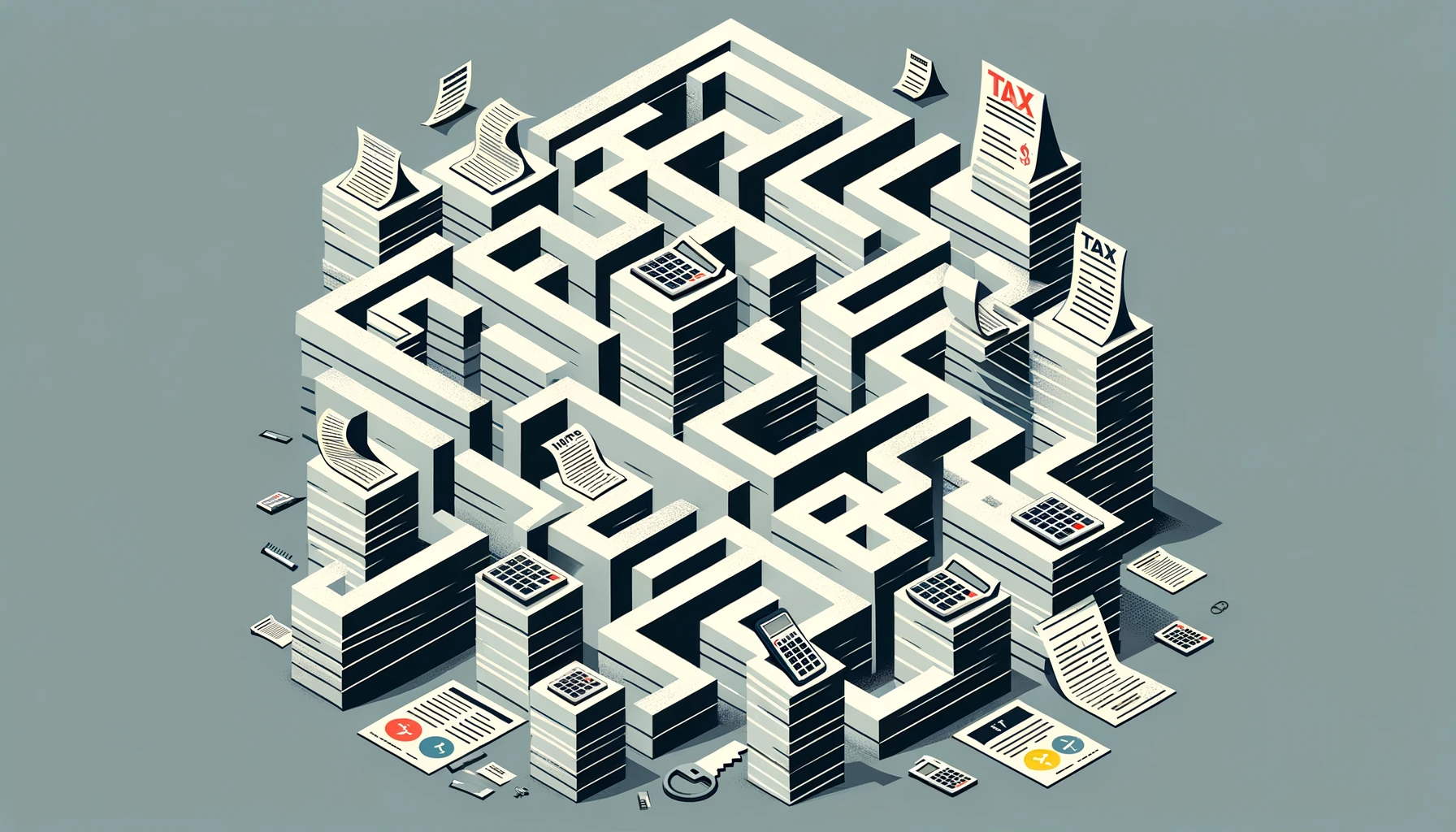
Lebanon’s 2022 budget’s has a preference for regressive taxation, potentially shielding the wealthy while financially straining ordinary citizens.

Lebanon amends banking secrecy law to appease the IMF but leaves loopholes to protect politico-banking elite.

Addressing Lebanon’s banking turmoil through lirafication debates, accountability for large deposits, clawbacks, bankruptcy laws, and potential conflicts of interest in governance.

Analyzing Lebanon’s 2022 Financial Recovery Plan, from its ambitious promises to critical flaws in depositor compensation, fund structure, wealth legitimacy checks, and the glaring lack of accountability.

Summary and analysis of circulars and decisions issued by the Ministry of Finance and Banque Du Liban from November to December 2022
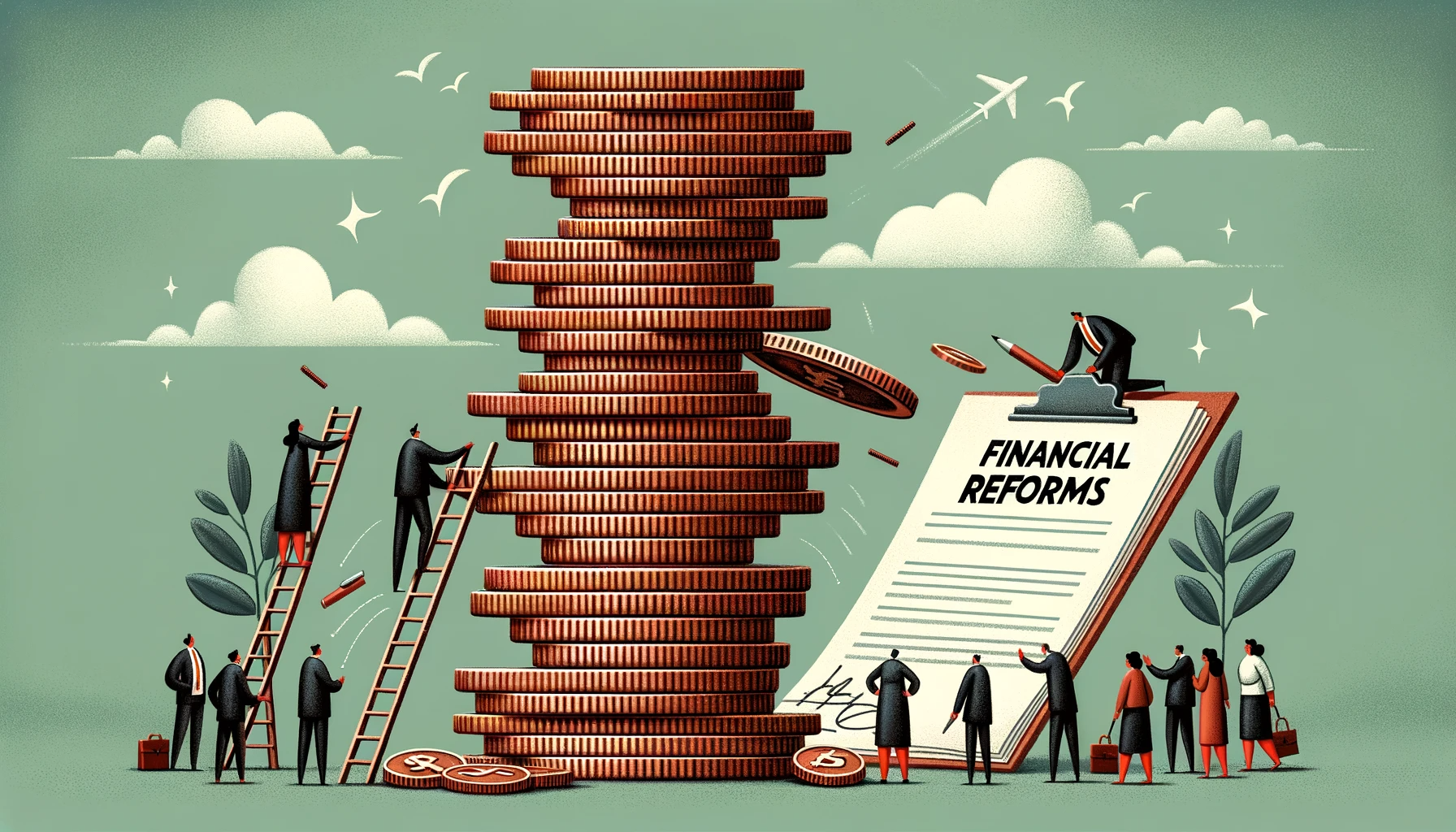
The Financial Recovery Plan appears to solve Lebanon’s financial crisis, but a closer look reveals it’s a tool to preserve elite interests at the expense of depositors’ savings.
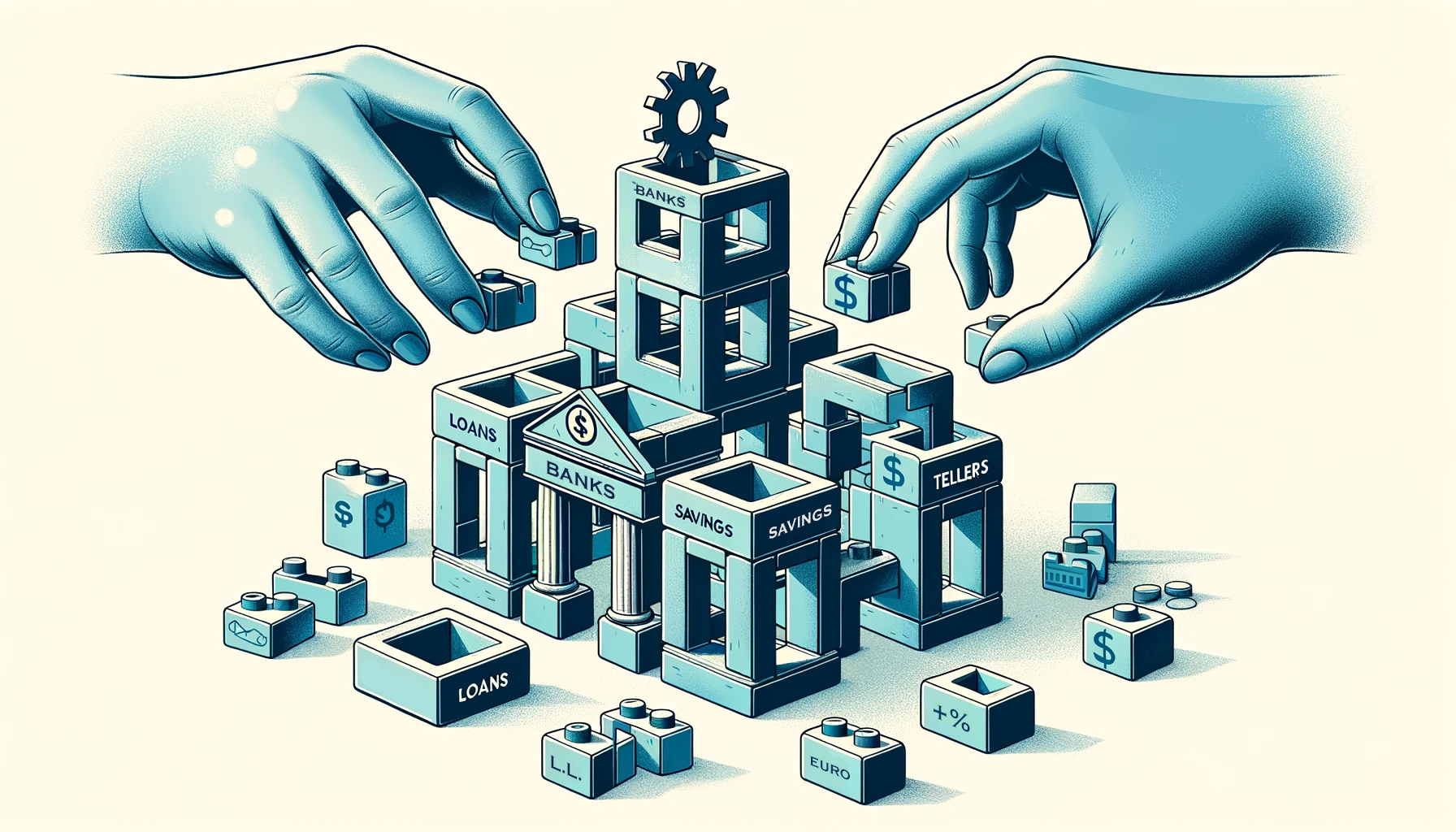
Lebanon’s draft laws aim to reshape its financial landscape, yet ambiguities may hinder complete restoration of confidence in the sector.
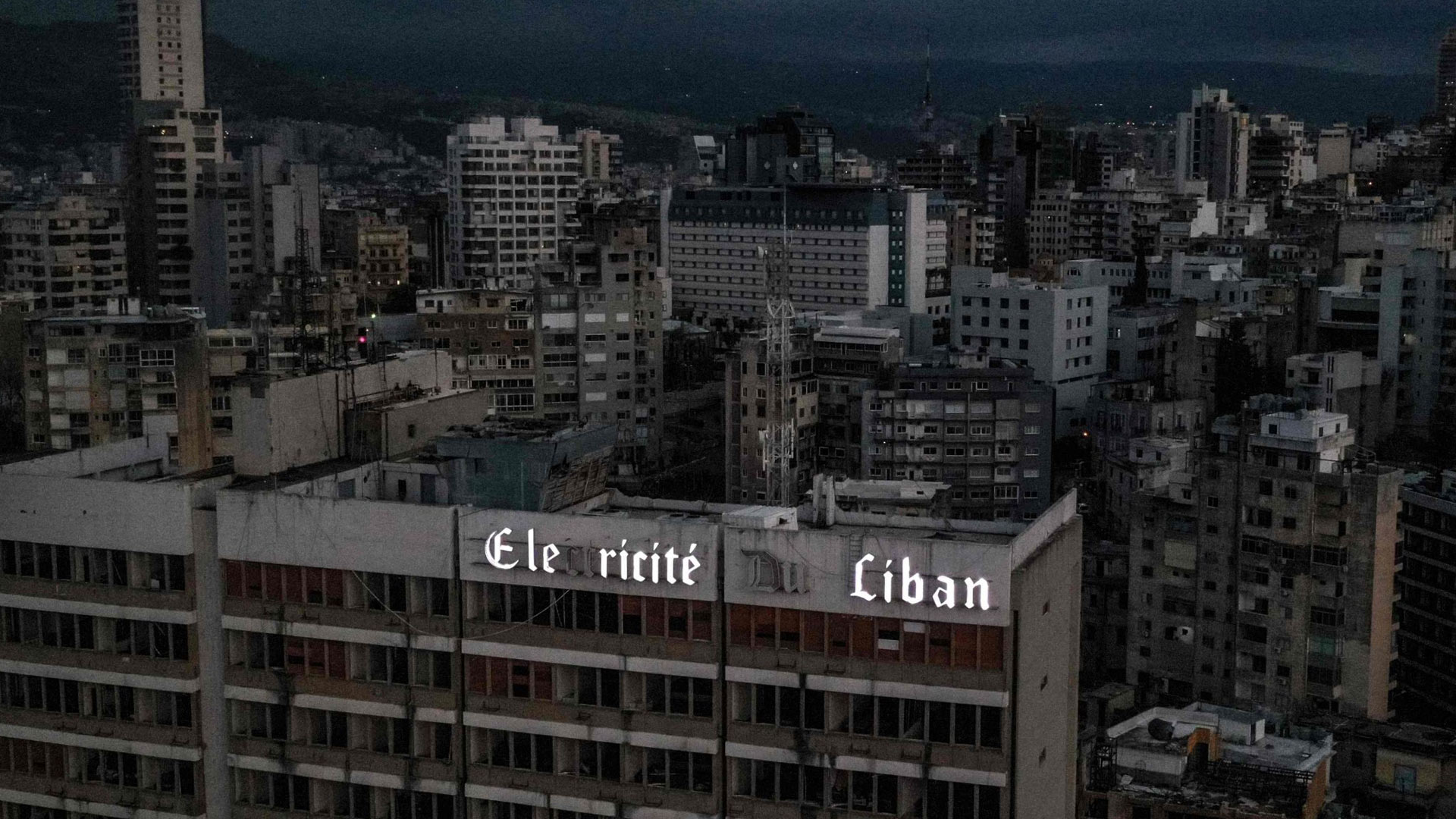
Infrastructure, political, and legal barriers to reforming Lebanon’s broken electricity sector.
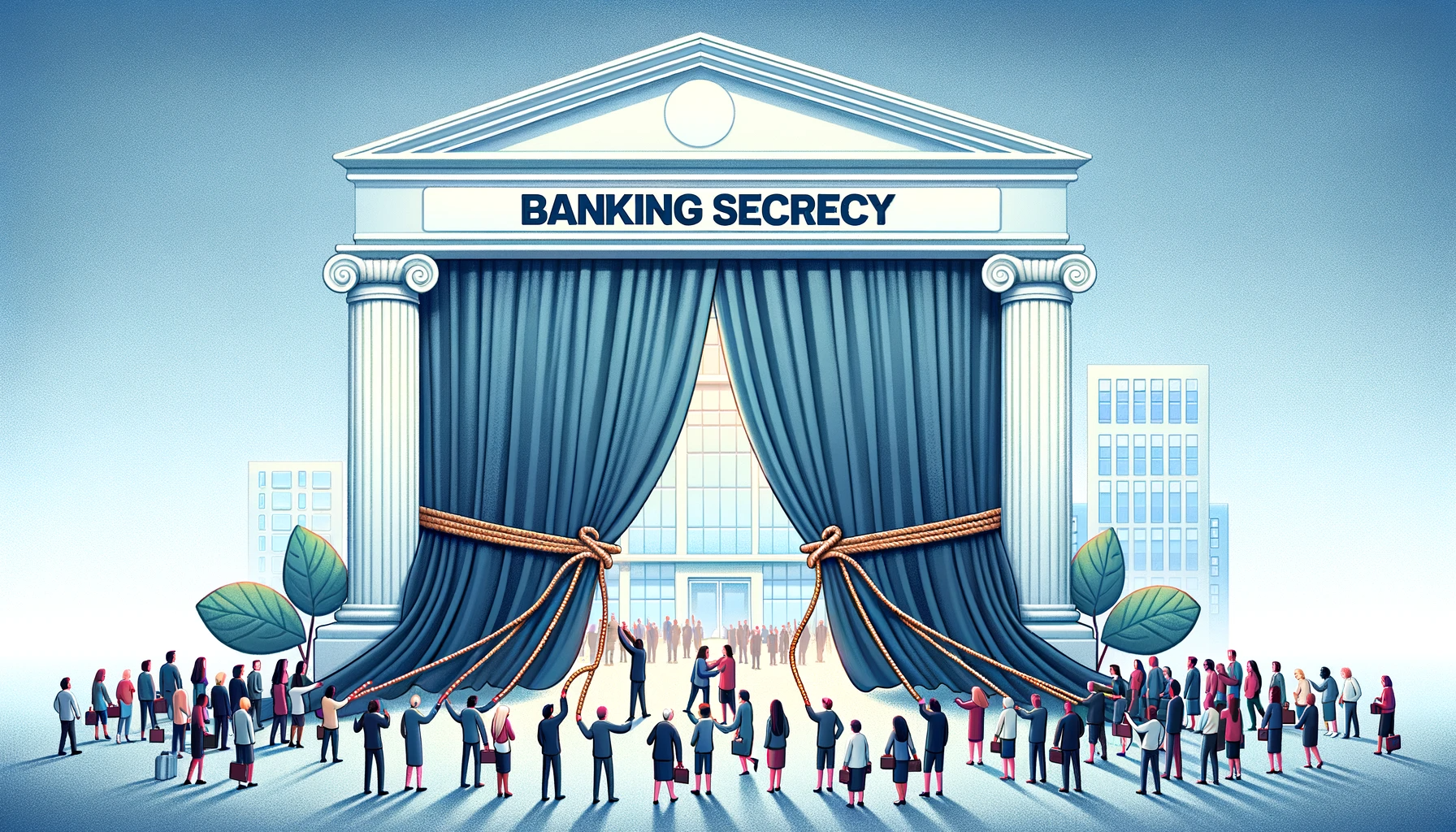
Lebanon’s updated banking secrecy law is progressing towards reform, yet riddled with ambiguities and potential for power abuse.

Assessing Lebanon’s revised banking secrecy law and its progress, while pointing to its loopholes, need for independence, and effective enforcement mechanisms.

The MOEW’s latest renewable energy draft law faces criticism for consolidating power, with experts pushing for reforms to decentralize the sector and break the EDL monopoly.

Millions promised in housing funding would leave most vulnerable behind
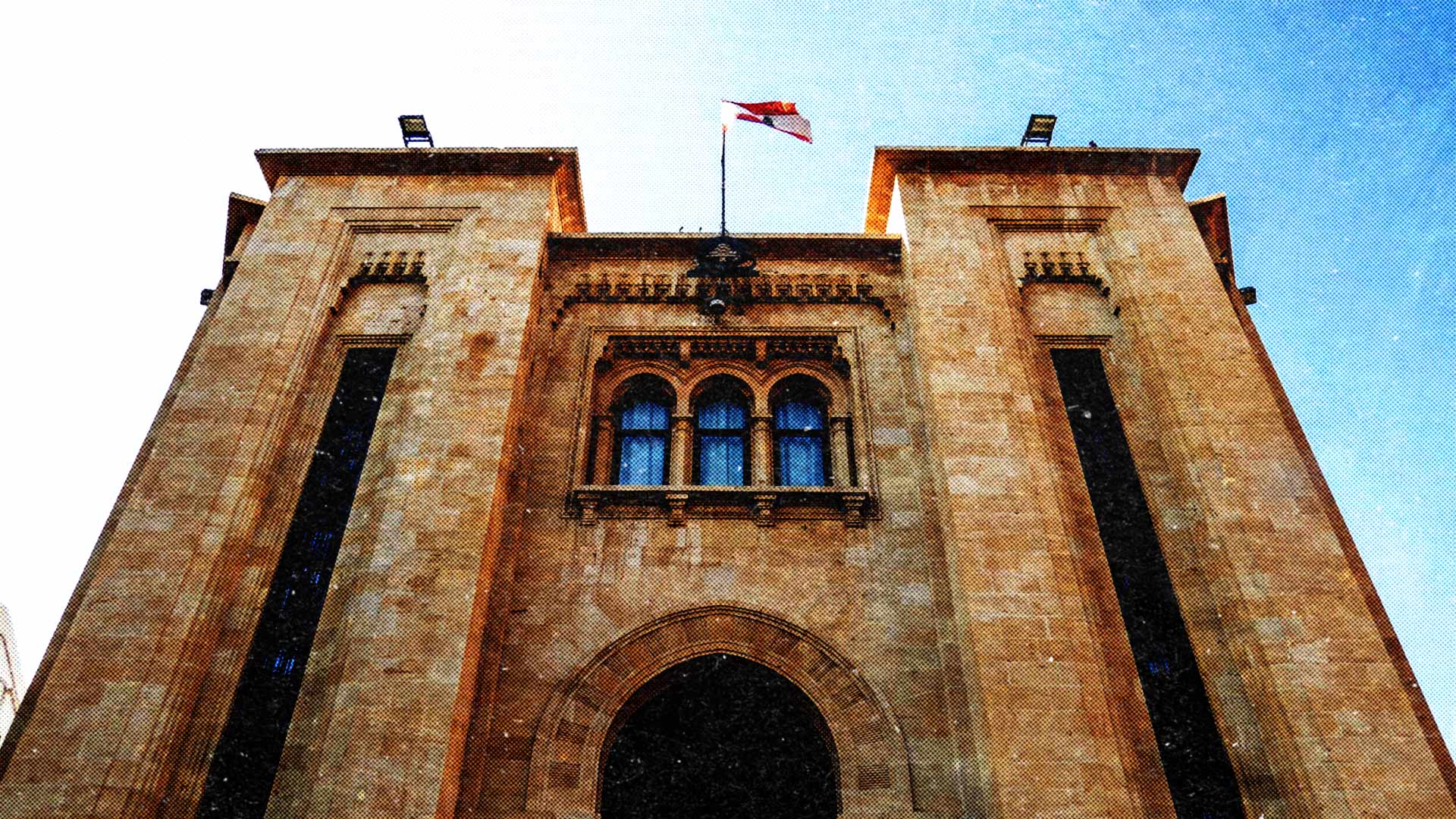
By kicking the can down the road on comprehensive reform, the 2022 budget is just another power grab by the establishment.
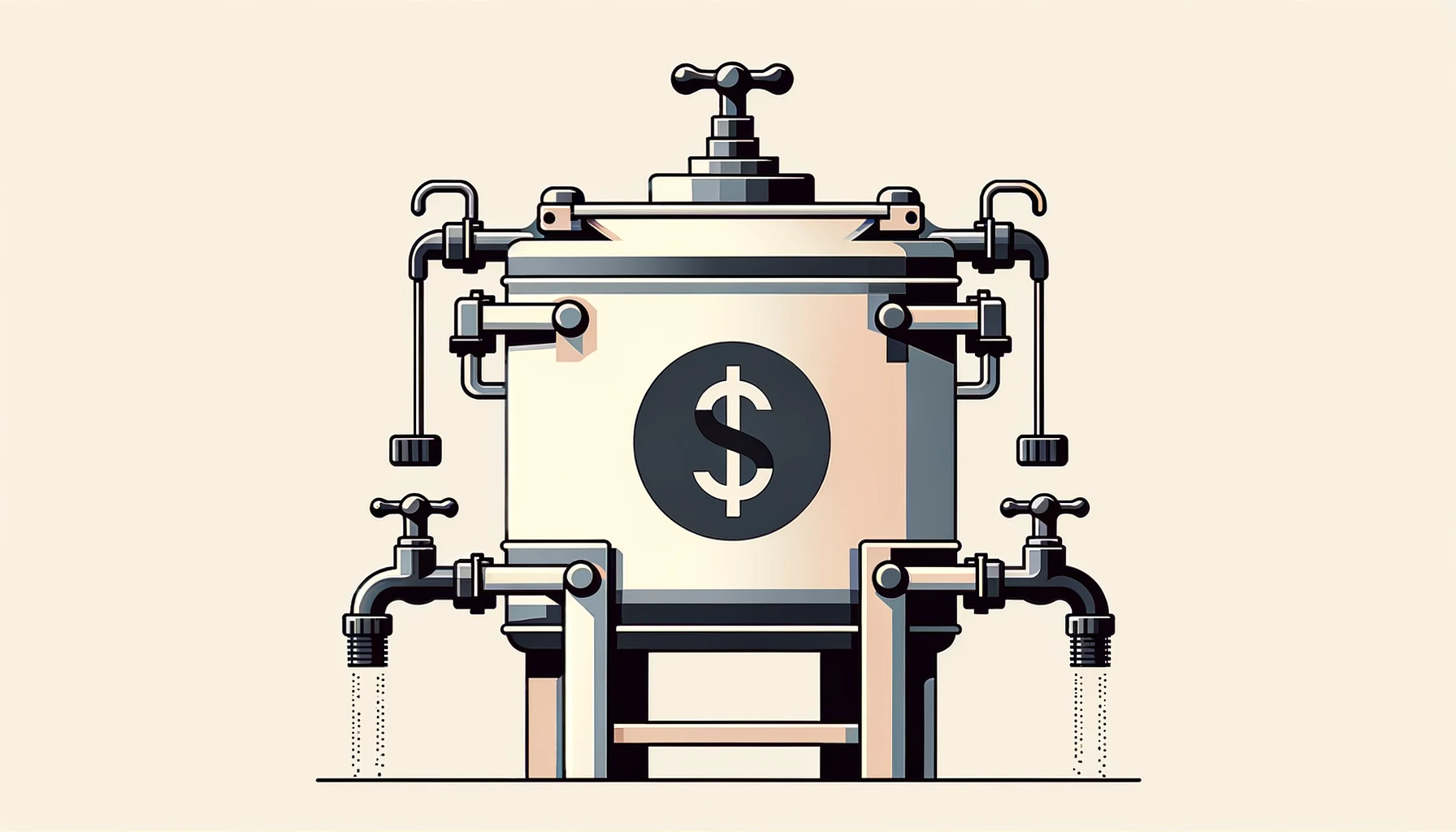
Exploring Lebanon’s loss distribution dilemma, focusing on banks using depositor funds to cover losses, evasion of accountability standards, and the urgent need for bank restructuring.

Lebanese are being forced to live at risk in the name of private property

Lebanese banks are avoiding the legal implications of declaring bankruptcy.

News of expected windfall revenues from Lebanon’s potential offshore gas fields require contain many hidden caveats.
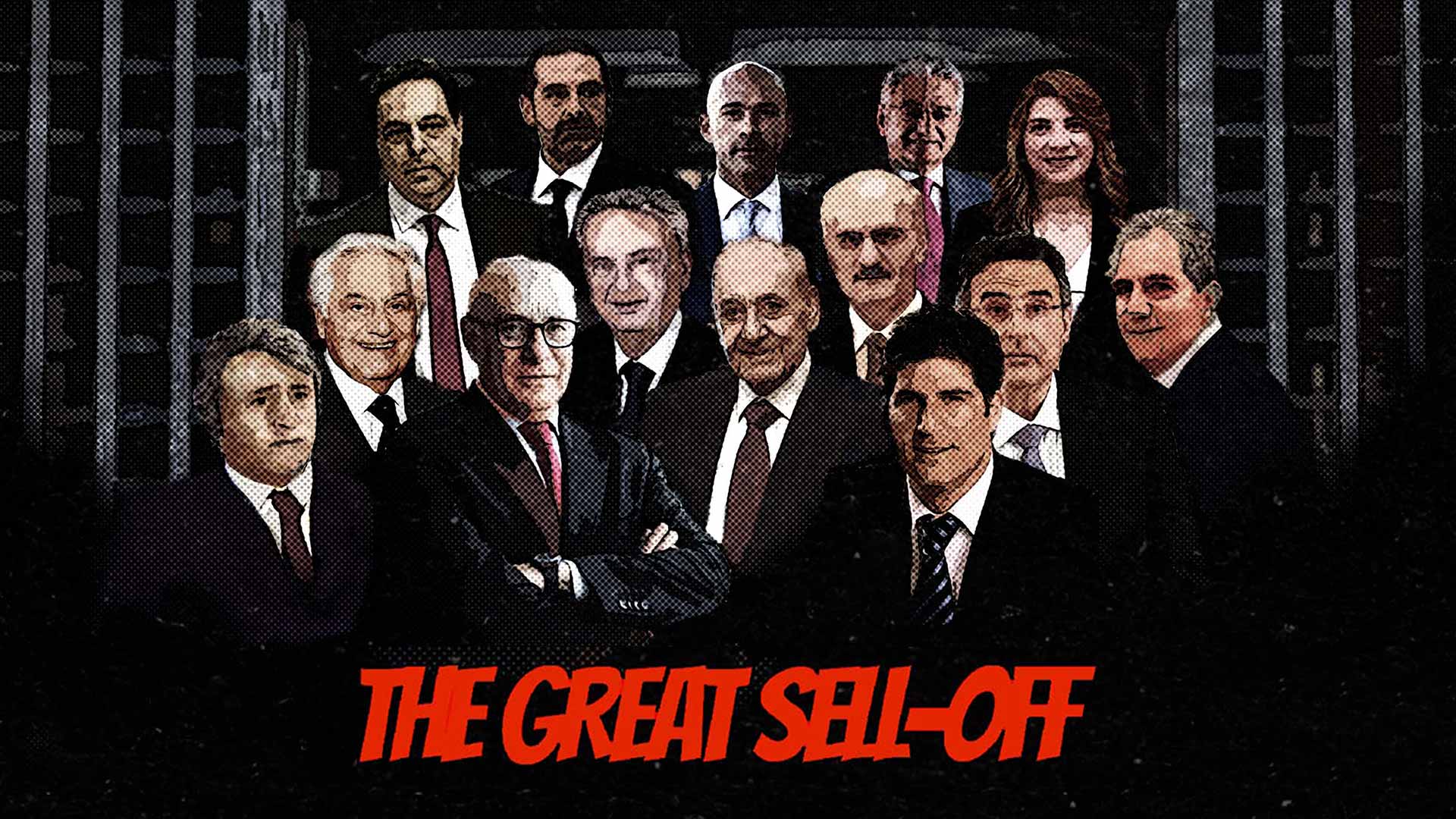
An investigation by Badil reveals previously unknown details of Lebanon’s Eurobond default and how the banking sector manipulated it to facilitate billions of dollars in foreign transfers.

As a minority, opposition MPs must take a strategic approach to cement their legitimacy and start to make real change in the country.

While a step in the right direction, Lebanon’s draft banking secrecy law remains riddled with loopholes and avenues for abuse of power.
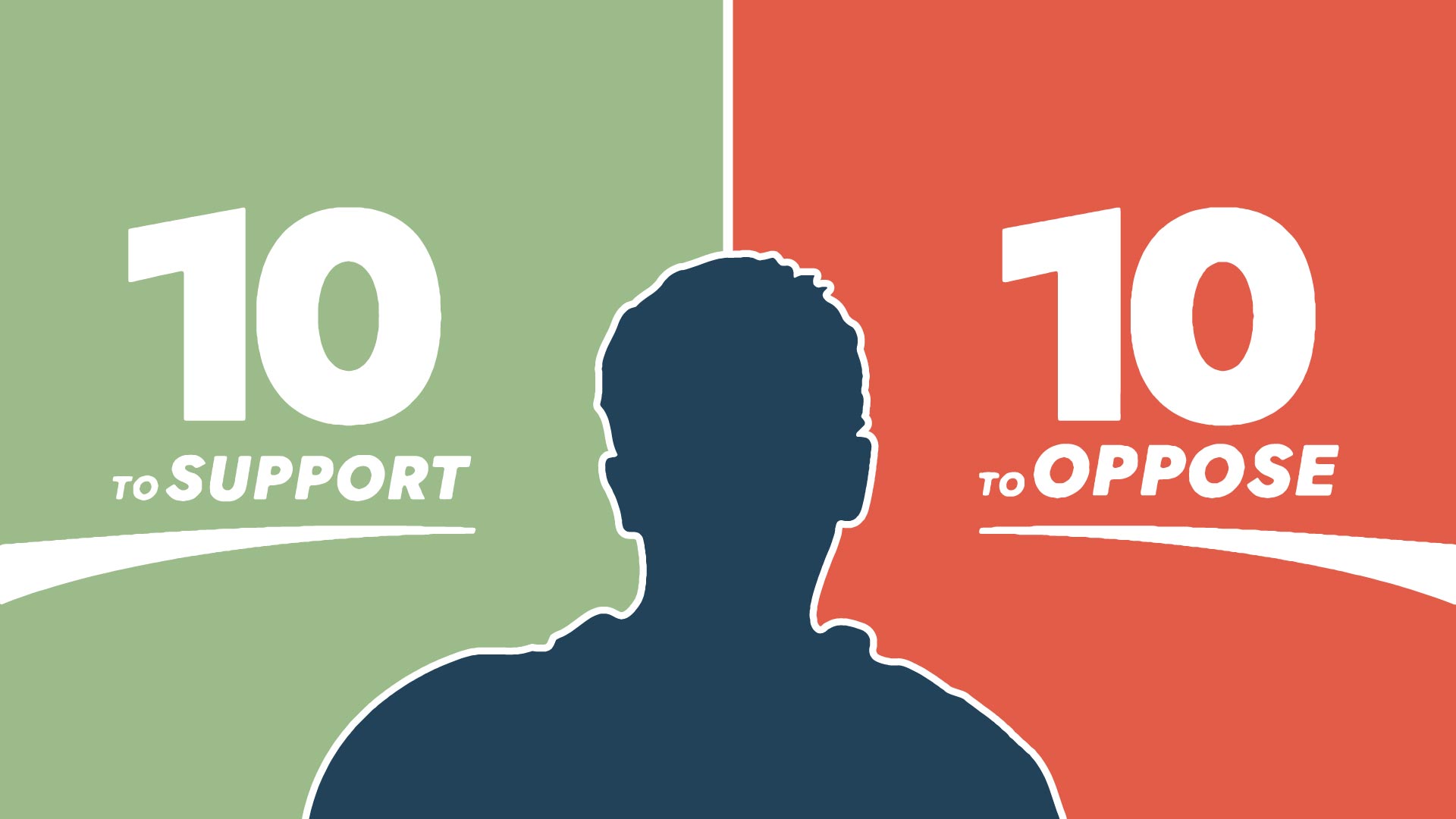
Regardless of the election results, the progressive opposition movement needs to follow a clear set of economic principles to take to the people, and the IMF.
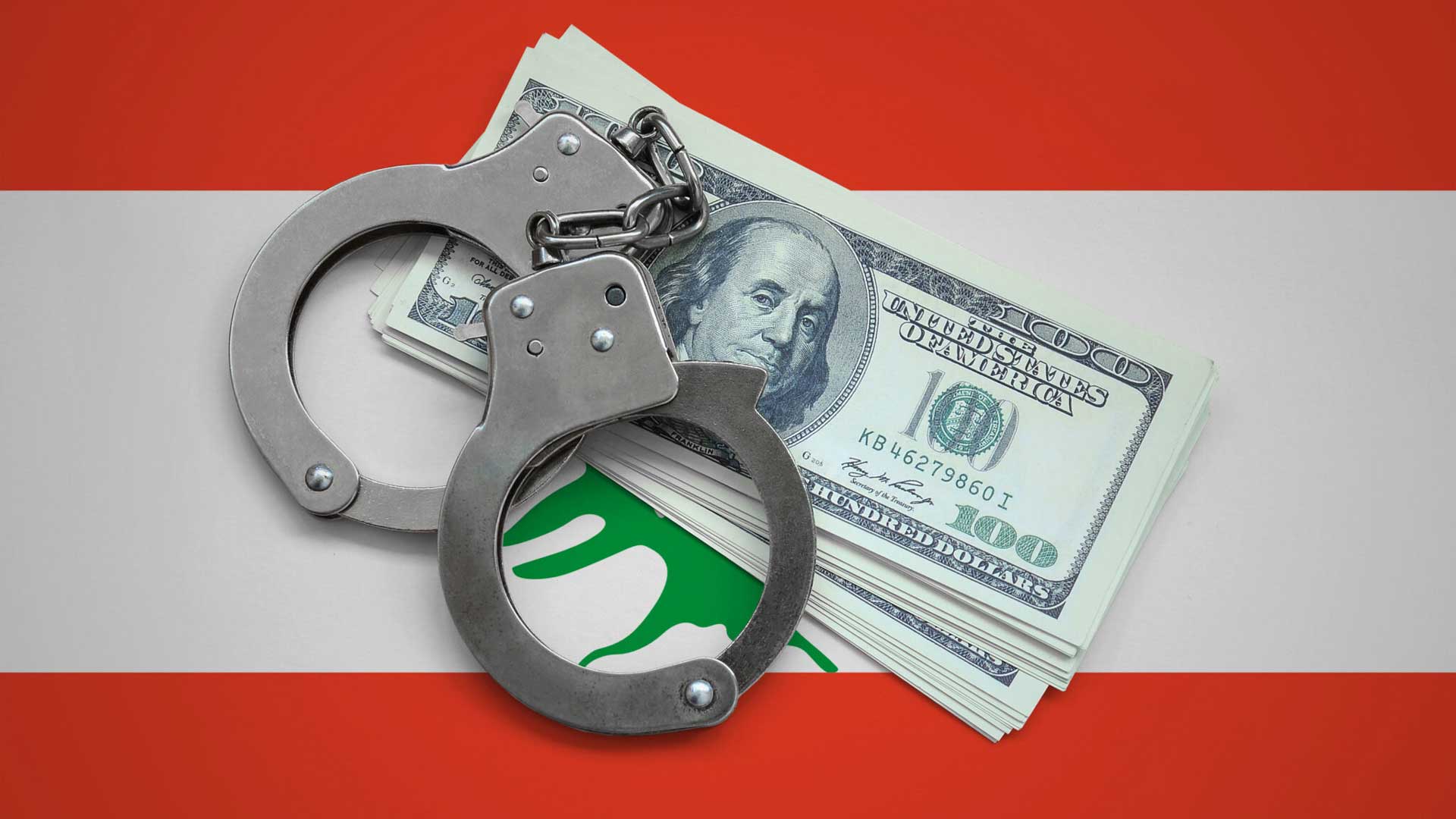
These informal capital controls – which have no basis in law – facilitate rampant discrimination between well-connected elites and most other depositors.
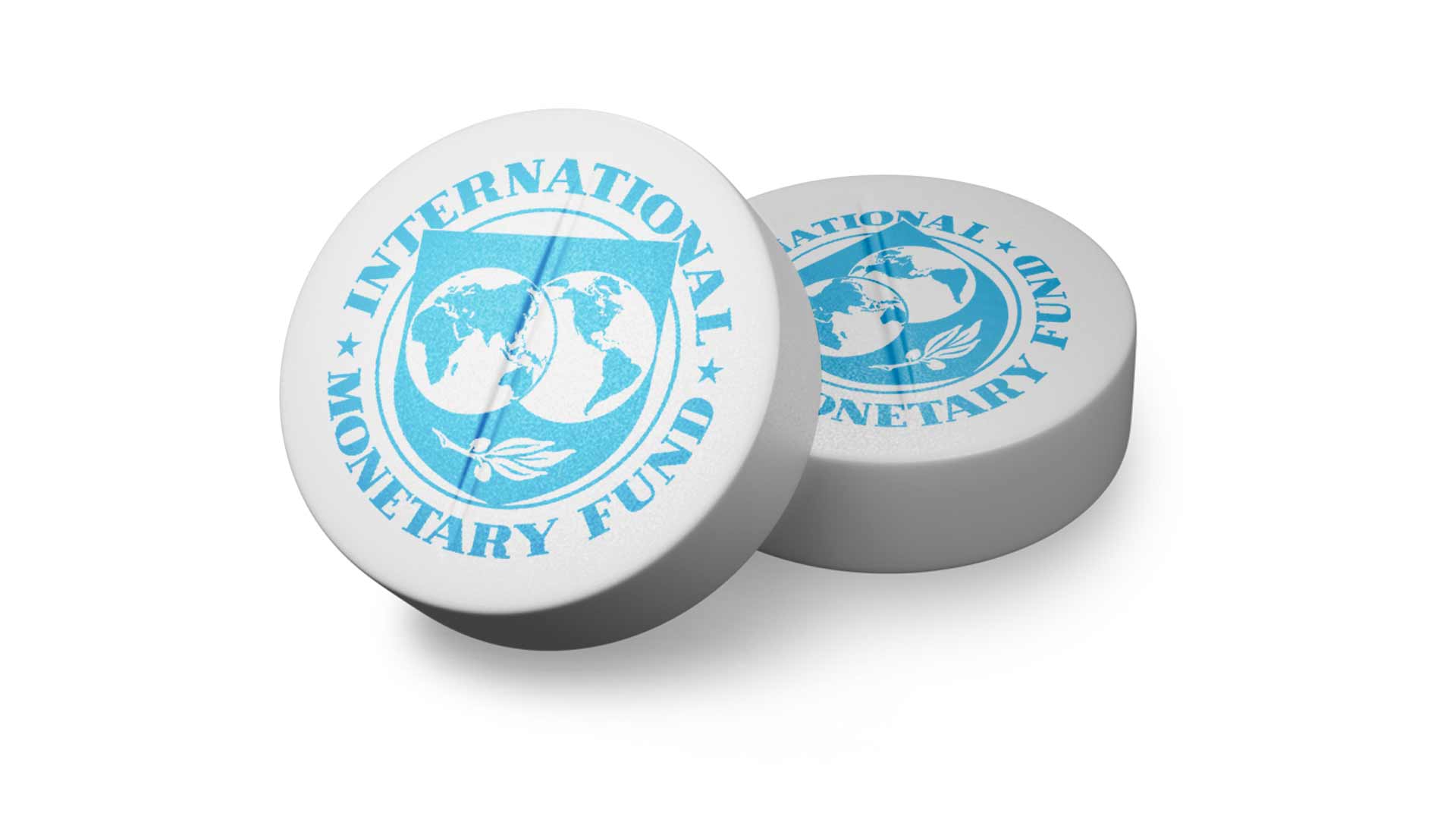
Without details, the IMF’s conditional staff-level agreement does more to entrench political and banking elites than to resolve Lebanon’s financial disaster.